These days, it’s hard not to be worried about the environment. It seems like we’re seeing new records for the hottest month/year very frequently while devastating natural disasters are constantly on the news. But the situation is far from grim—many people are aware of how altering their habits and lifestyles can change the world for the better.
Sometimes, it takes a bit of lighthearted internet content to remind ourselves what we’re fighting to protect. ‘Wild Green Memes for Ecological Fiends’ is a popular Facebook group whose members share funny memes about wildlife and the environment. Scroll down for the wittiest ones, upvote your faves, and be sure to share them with your friends.
More info: Facebook | Instagram | TikTok | Patreon | WildGreenMemes.com
#1
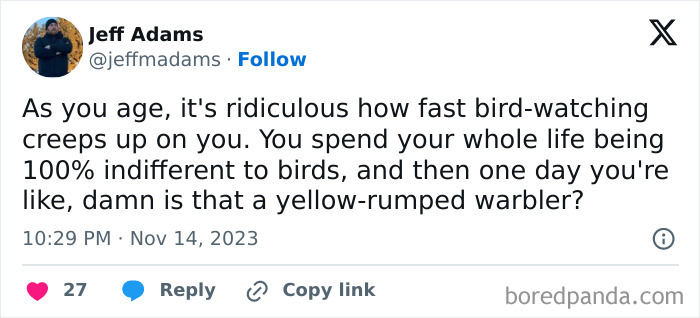
Image credits: jeffmadams
#2
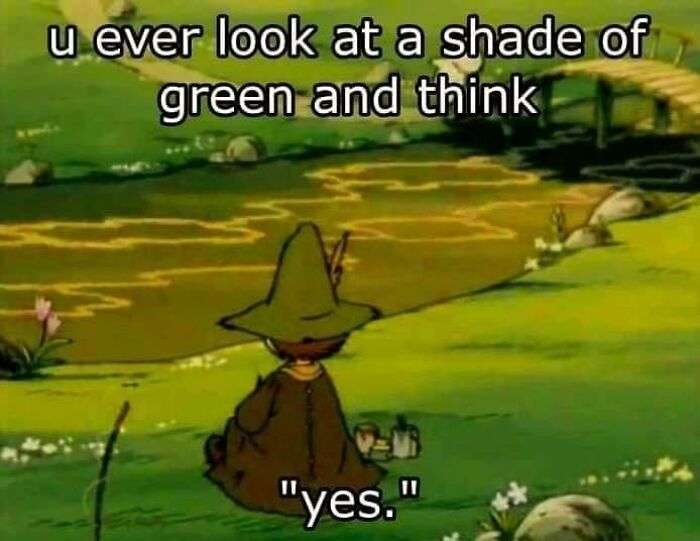
Image credits: Berry Sobieszek
#3

Image credits: Halley Palmer
‘Wild Green Memes for Ecological Fiends’ is absolutely massive. Nearly 771k internet users are members of the Facebook group. Meanwhile, 136k people follow its Instagram page, while 39.7k follow its TikTok account. The team running the project (‘Wild Green Media LLC’) also has an official website where you can subscribe to their newsletter.
The social media project mainly focuses on humorous content that’s related to wildlife and the environment. The main draw is the green-focused comedy that’s evident even in the project’s (lovingly rhyming) name.
#4
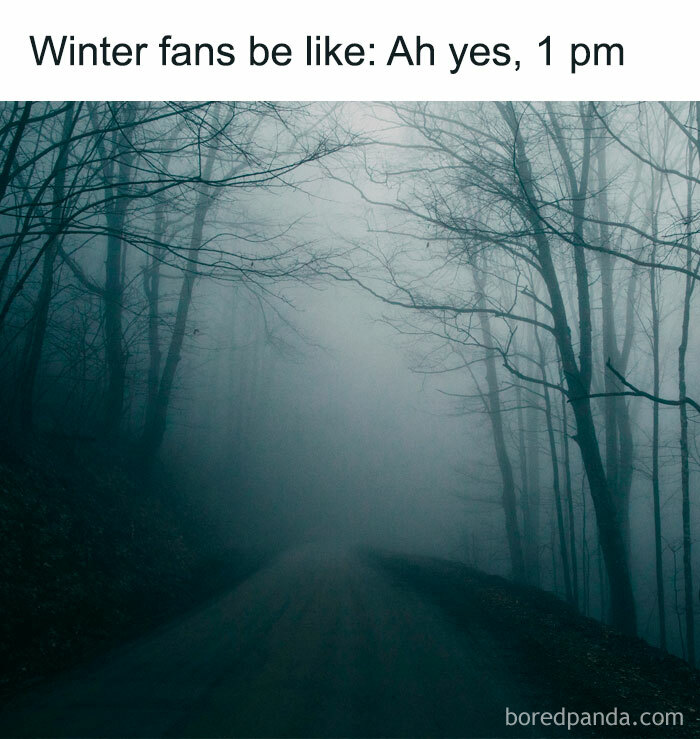
Image credits: Mason Clark
#5
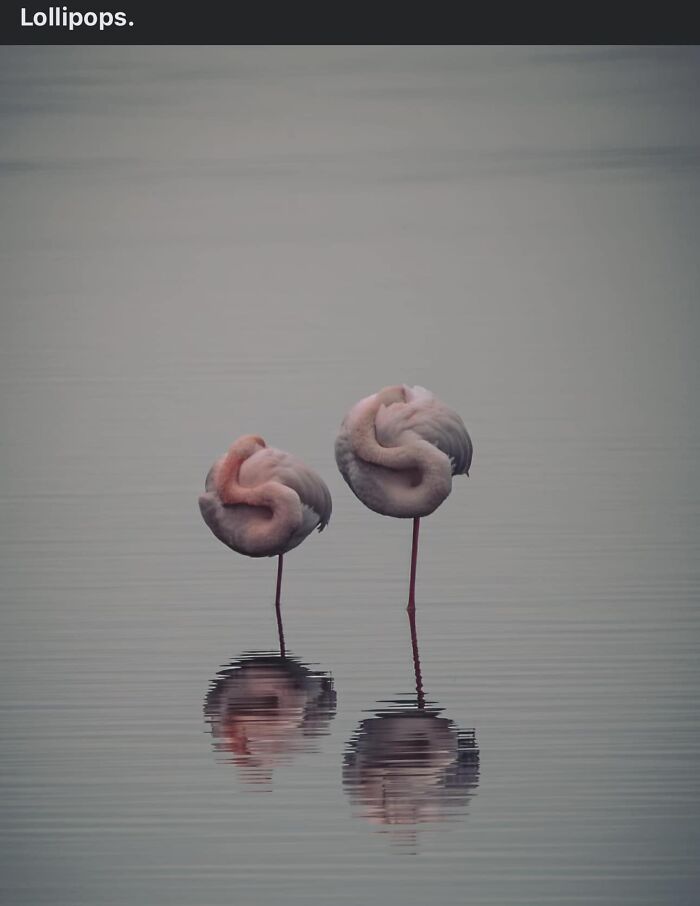
Image credits: Miranda Orth
#6

Image credits: S Dharma Teg
“The world is big and complicated and the threats to nature can come to feel overwhelming. Time and again, when faced with problems that were bigger than any one person could solve, humans have come together and found strength through community and levity through humor,” the team writes.
“We're using the tools that we have—our knowledge, our social media presence, our business, our friendships, and our fun to help people and nature coexist better.”
#7
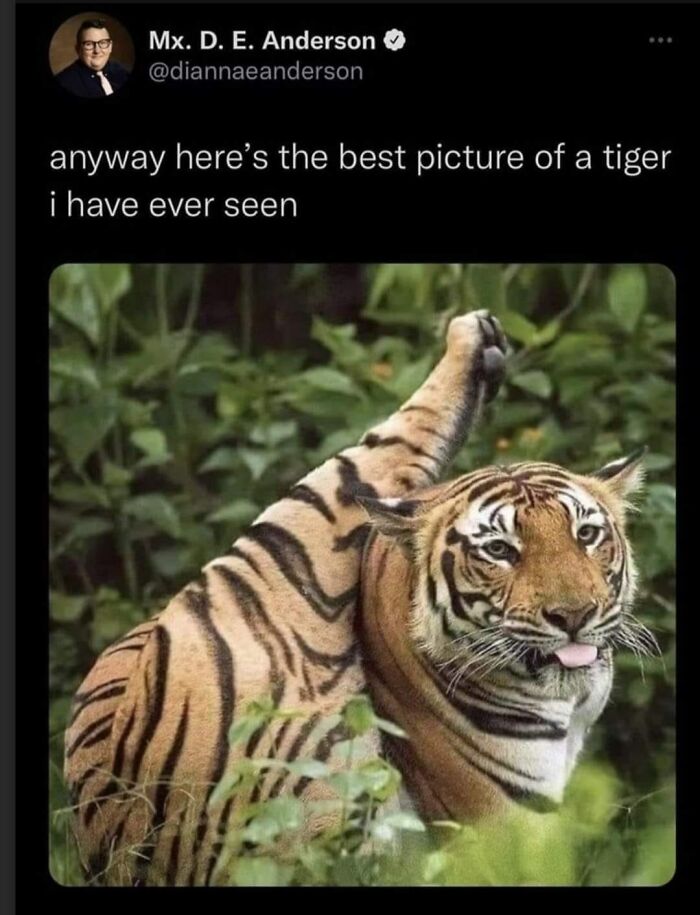
Image credits: Heather Rajendran
#8
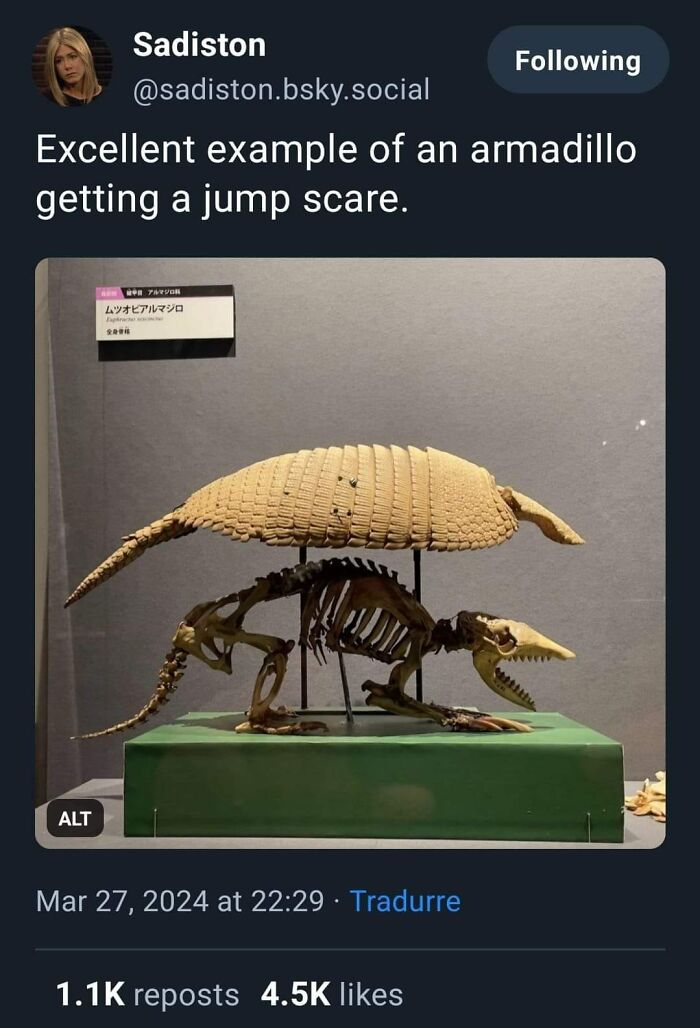
Image credits: Anne-Katrine Bredal-Madsen
#9
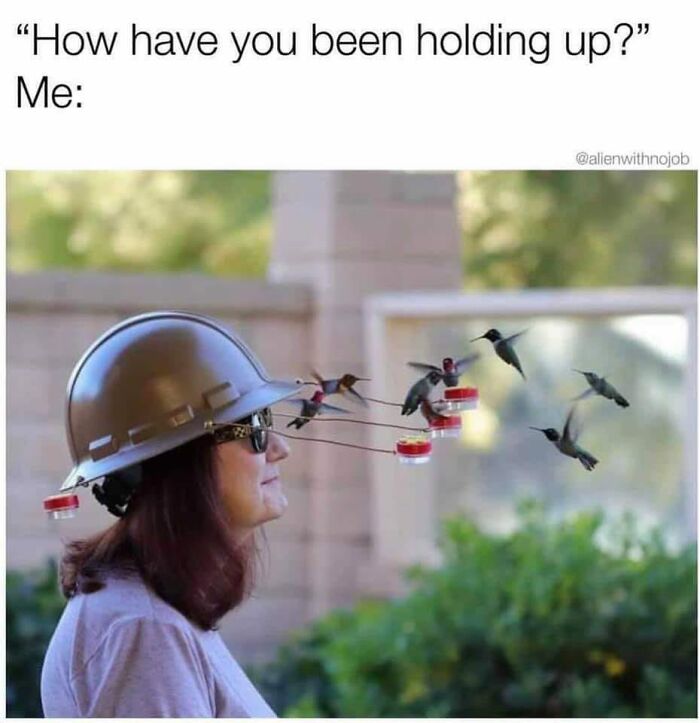
Image credits: Amy Sue
Anyone hoping to post awesome memes on the Facebook group should spend some time getting familiar with the type of content that its members share.For one, that way, you’ll avoid reposting super popular memes.
On top of that, you’ll get a feel for the type of content that the group enjoys the most. Some pics simply aren’t a good fit for ‘Wild Green Memes for Ecological Fiends,’ even if they’re objectively hilarious and relatable.
#10
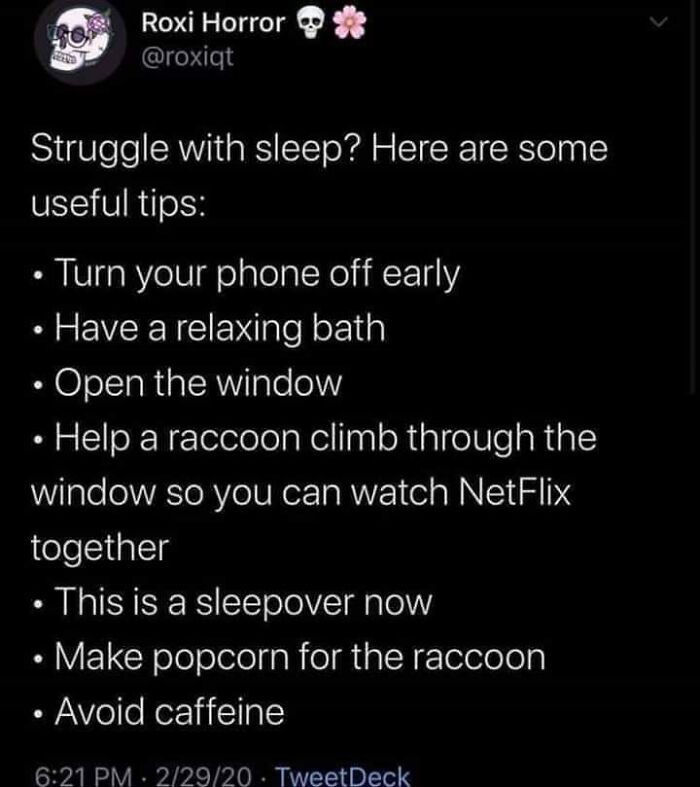
Image credits: S Dharma Teg
#11
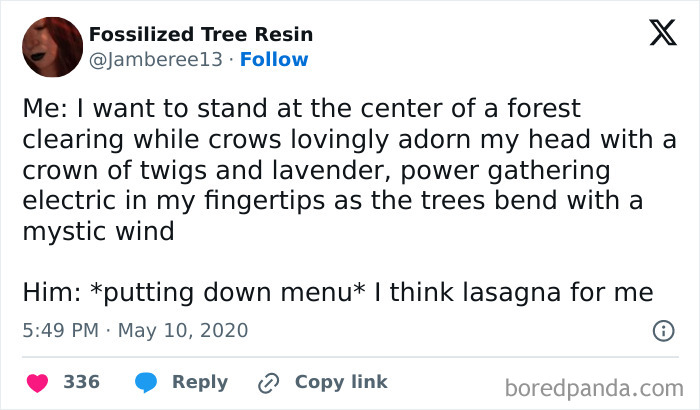
Image credits: Jamberee13
#12
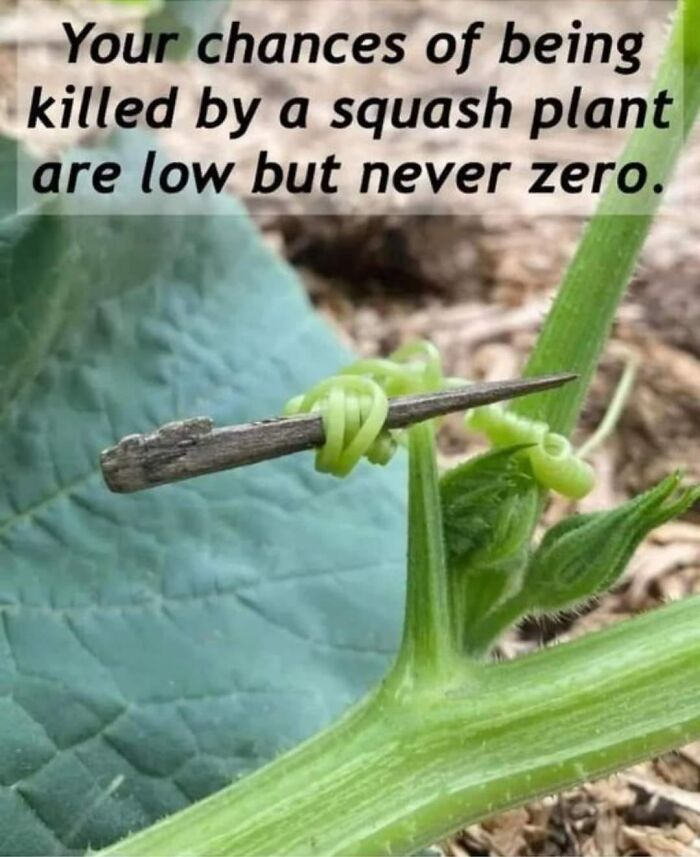
Image credits: Justin Barrus
“If it has a domestic organism interpreted in a non-ecological context, it might not fit because it isn’t wild enough. If it’s not related enough to nature or the environment, then maybe it’s not green enough to fit the group. It also, of course, has to be a meme or joke of some kind, and how that lands is up to mod discretion, so the particular person who saw it just might not have felt the humor,” the team behind the project explains what meme posters should keep in mind.
#13
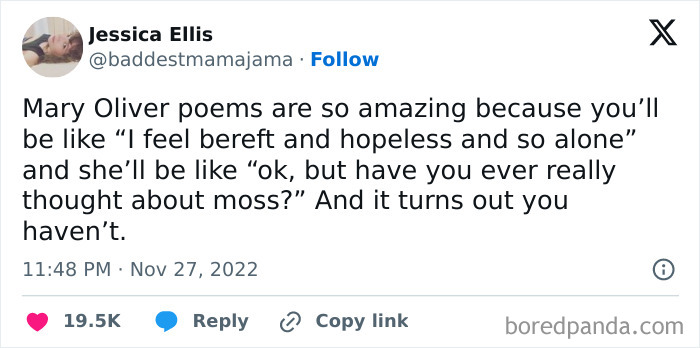
Image credits: baddestmamajama
#14
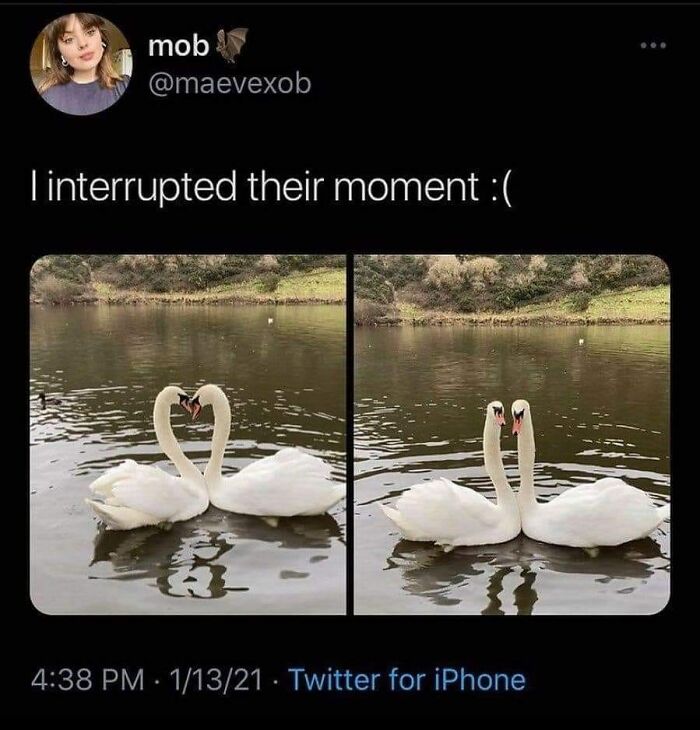
Image credits: Dee Taylor
#15
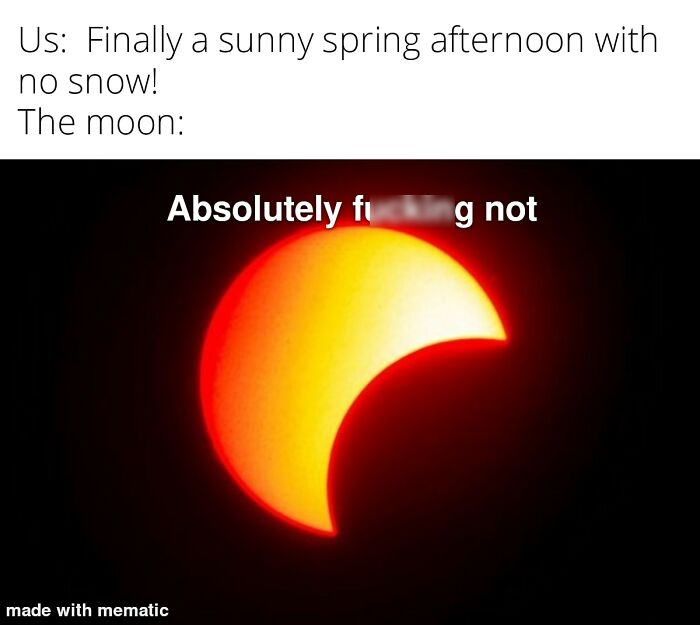
Image credits: Christopher Sheldon
“Great minds think alike! Often when there’s a meme trend, two or more members will independently make the same joke with the same meme template. In these common cases of convergent meme evolution, we’ll try and let through whichever post was submitted first. The joke/text should be in the meme photo itself as well as the caption,” the moderators write.
#16
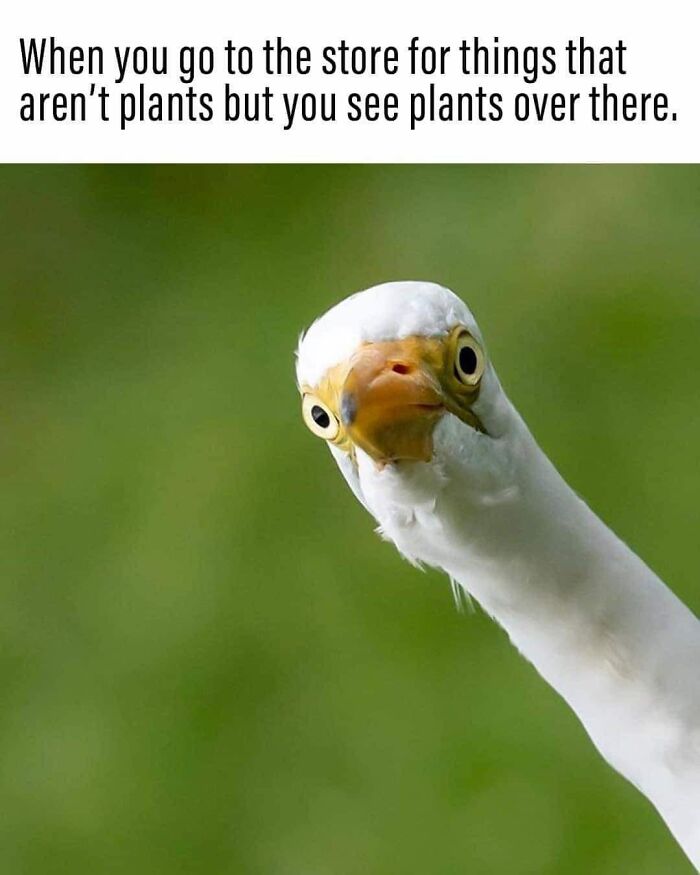
Image credits: Robert Edmondson
#17
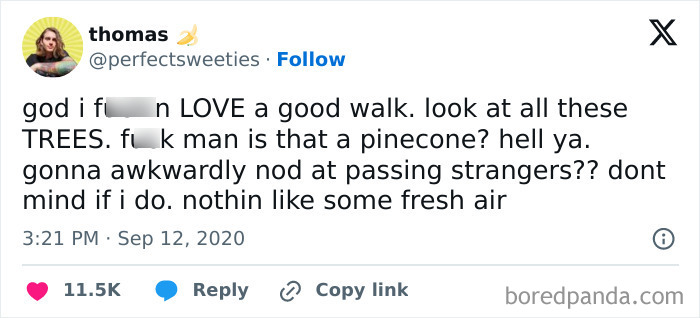
Image credits: perfectsweeties
#18
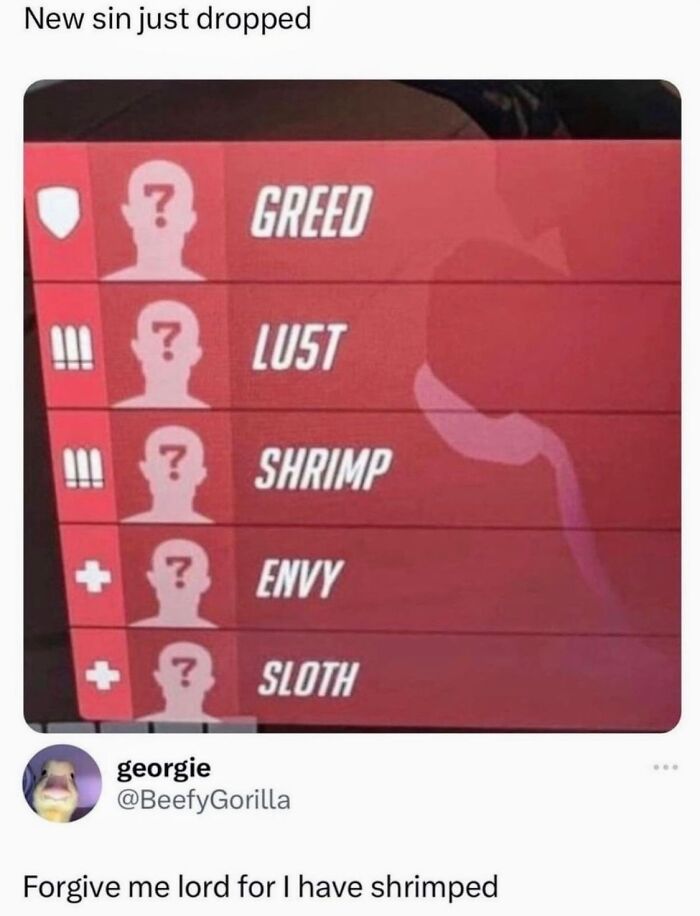
Image credits: Matt Haas
‘Wild Green Memes for Ecological Memes’ doesn’t just say that it cares about the environment and wildlife conservation—it actually puts its money where its mouth is. They have an official Patreon account you can follow and support, and they donate 20% of their profits to conservation and environmental justice causes!
#19
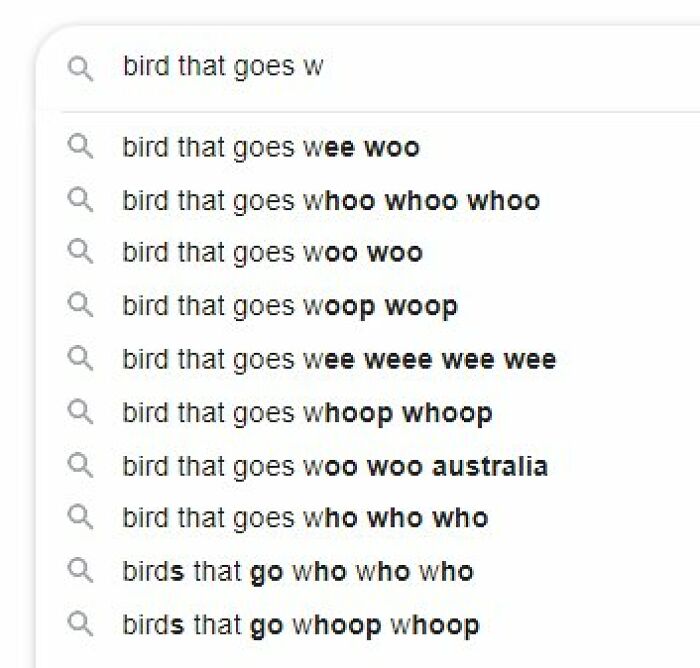
Image credits: Steven Plummer
#20
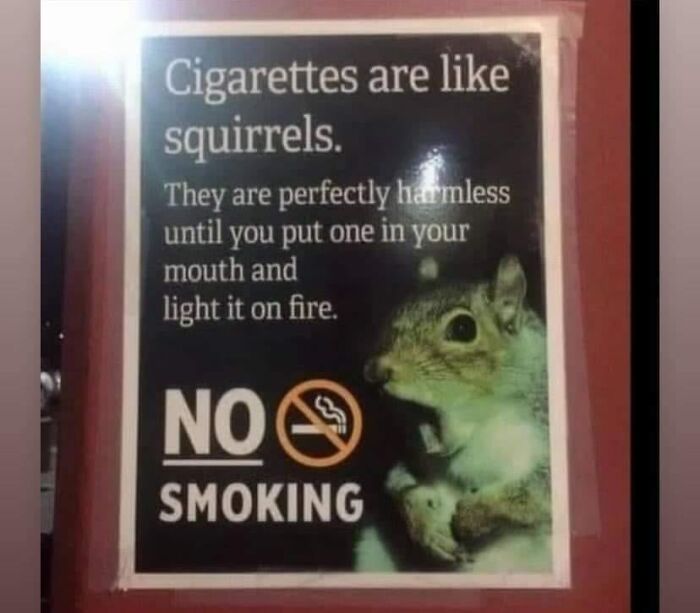
Image credits: Anne-Katrine Bredal-Madsen
#21
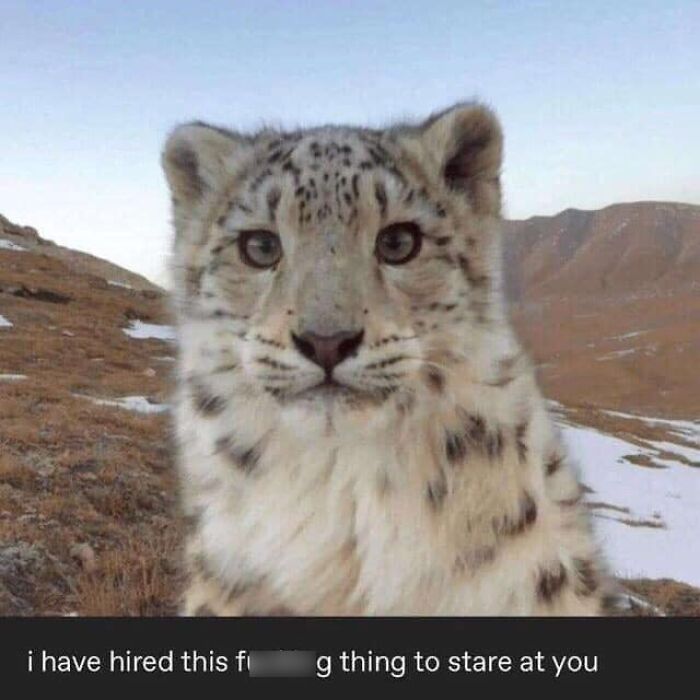
Image credits: Dakota Baldwin
Frogs are often the topic of wildlife and environmental memes. During a previous interview, a representative of UK-based national wildlife conservation charity Froglife told Bored Panda that social media can definitely help raise awareness about animals, whether they’re herpetofauna (amphibians and reptiles) or anything else. “The more people understand them, the more they will appreciate them, and appreciation leads to conservation. Overall exposure on the internet should be a good thing, of course, provided the exposure is positive and correct.”
#22
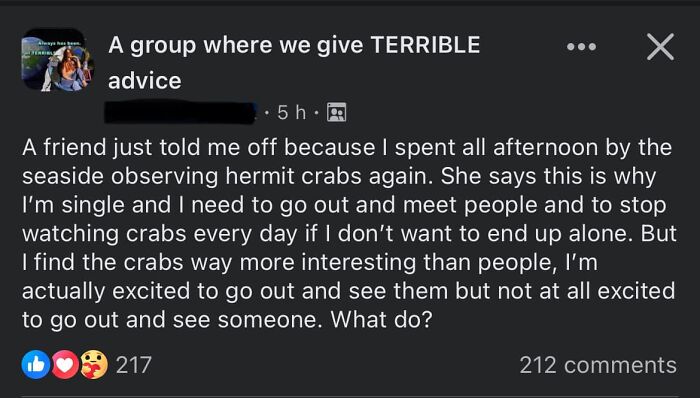
Image credits: Penelope Morkel
#23

Image credits: Tegan Loya
#24
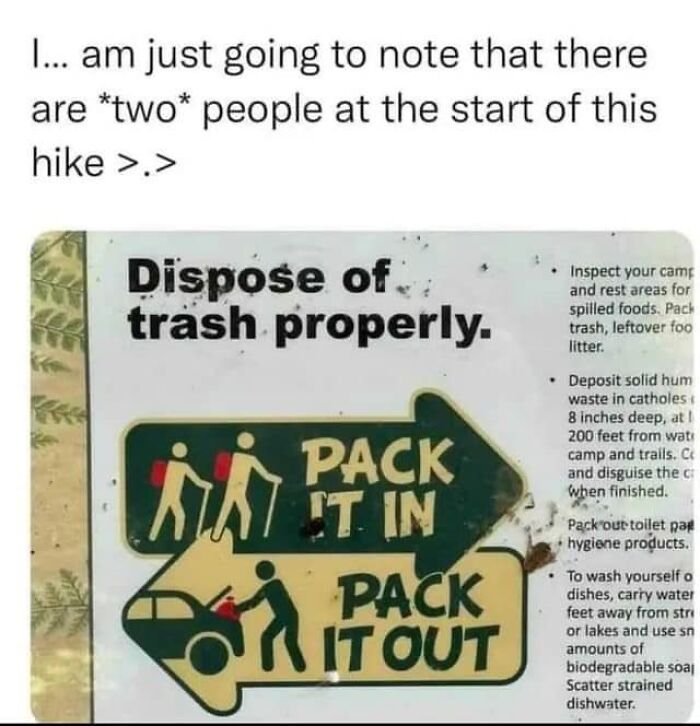
Image credits: Peter Griffith
According to Froglife, if you want to help out your local herpetofauna population, you can adapt your garden or property to their needs. "A lot of people think that amphibians spend all their time in water, but this is not the case. They spend a lot of time on land, hence it is important to provide them with good terrestrial places. Areas with rubble, fallen leaves, rocks, stones, and logs are all good, so they can hibernate over the winter months, forage for food, and take refuge from predators,” the Froglife representative said.
“It is also important to remember that reptiles also require good habitats. They like hibernacula that they can crawl into and also basking banks for basking in the sun on warm days. They will also crawl under tin sheets or carpet tiles."
#25
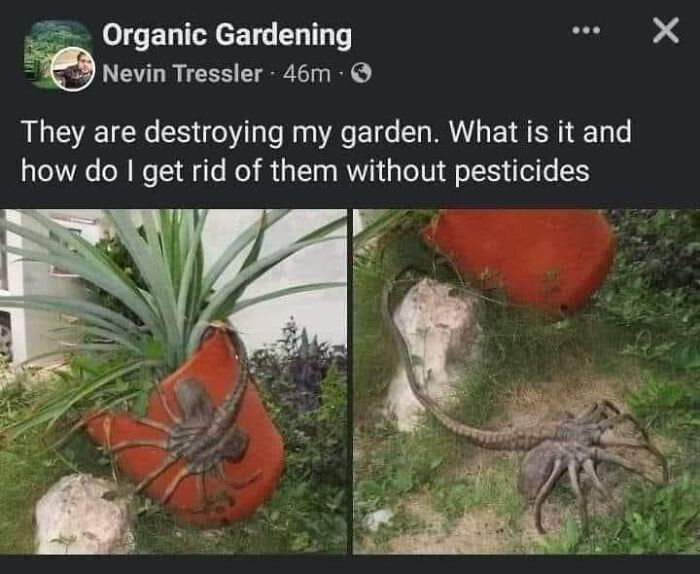
Image credits: Goat Lovers
#26
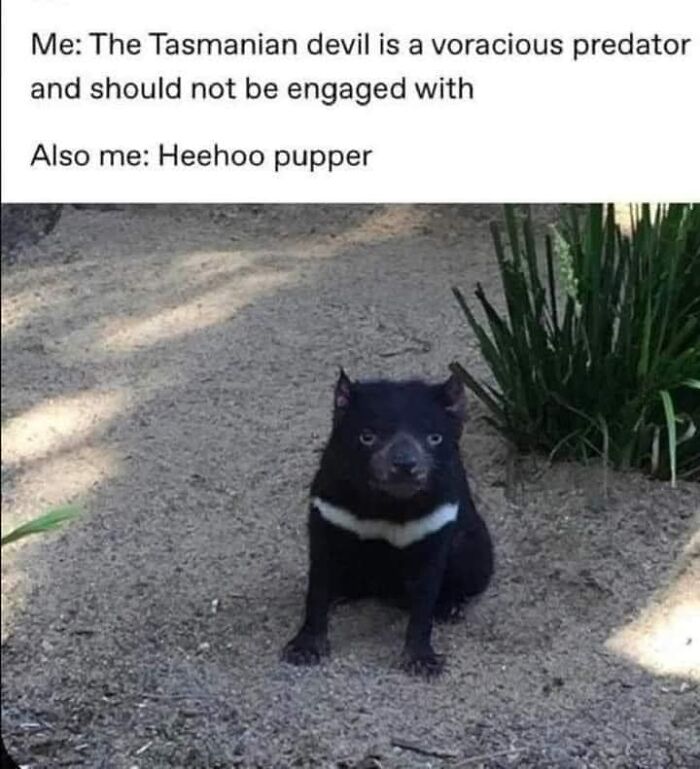
Image credits: Debbie Moses
#27
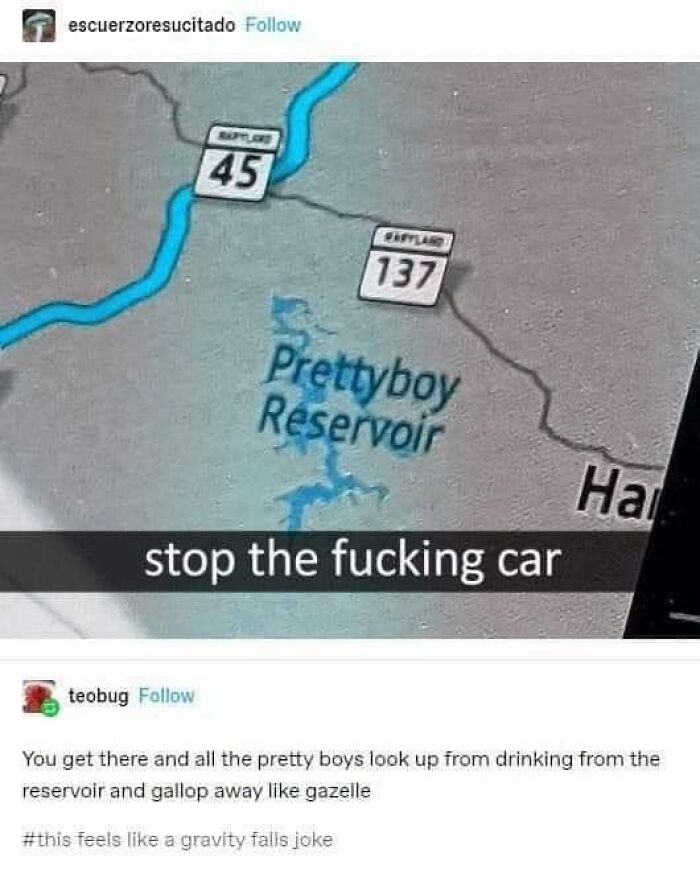
Image credits: Paula Baker Carroll
Meanwhile, during an interview with a representative of the Amphibian and Reptile Conservation charity in the UK, seeing photos of frogs can make us care more about protecting them. “It’s great to see photos of frogs in people’s gardens or that they’ve seen on a walk. We know this often creates a deeper interest in amphibians and their conservation, and we love to see them—so long as the animals aren’t disturbed too much, of course!” the representative told Bored Panda earlier.
If you happen to have a garden, you could create a pond with gently sloping sides, allowing vegetation to develop around the edges. This should provide damp cover for your local amphibians, keeping them happy. Meanwhile, they’ll also appreciate it if you let your grass grow longer, create a compost heap, and have a log pile where they can live.
#28
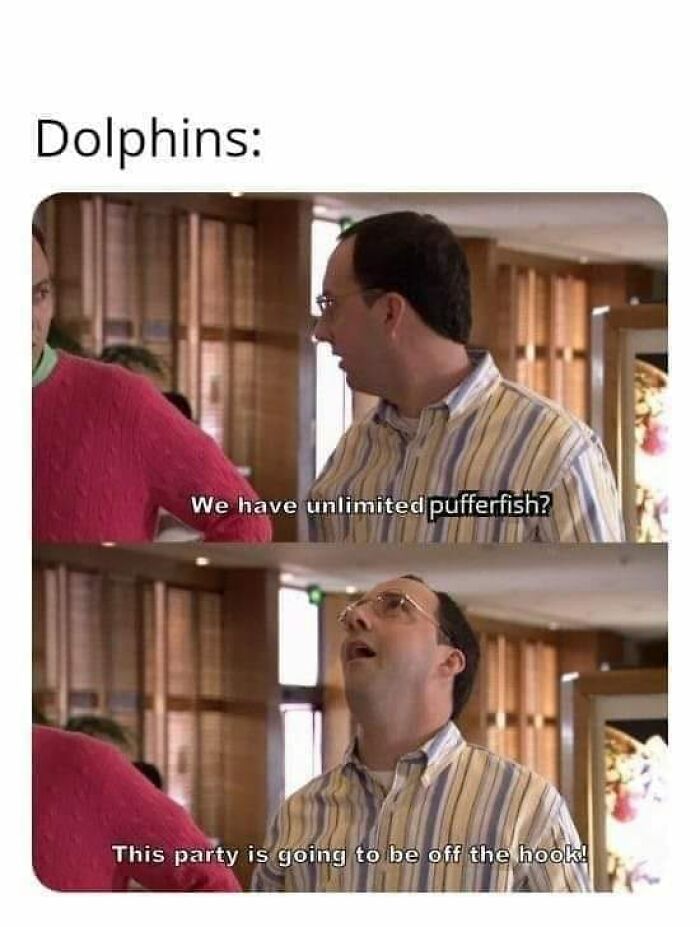
Image credits: S Dharma Teg
#29
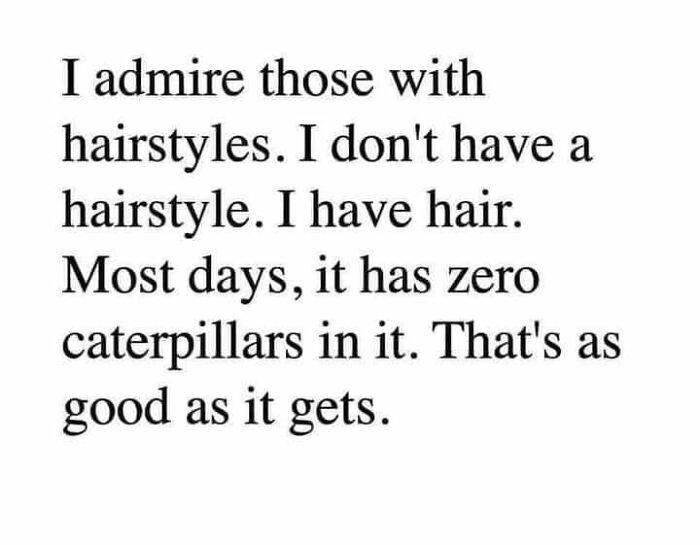
Image credits: Amy Sue
#30
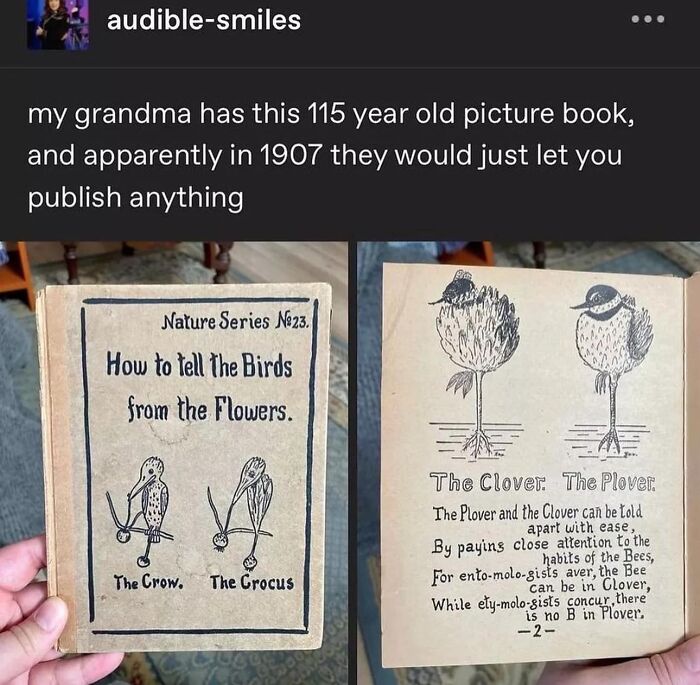
Image credits: Hannah Britton
"In a small garden, even an upturned dustbin lid or bowl will provide a place for animals to drink," the representative told Bored Panda. "Climate change can be a very negative factor for frogs, toads, and newts. Ponds can dry up too quickly, meaning their tadpoles don’t have enough time to develop. Also, warmer winters affect hibernating frogs. They use more energy during hibernation and partially wake up, meaning they are in poorer condition for breeding. This is particularly hard on the females, who put a lot of energy into making eggs (spawn).”
What do you do to help the environment and your local wildlife population, dear Pandas? Which of these memes did you enjoy the most? Tell us all about it in the comments!
#31
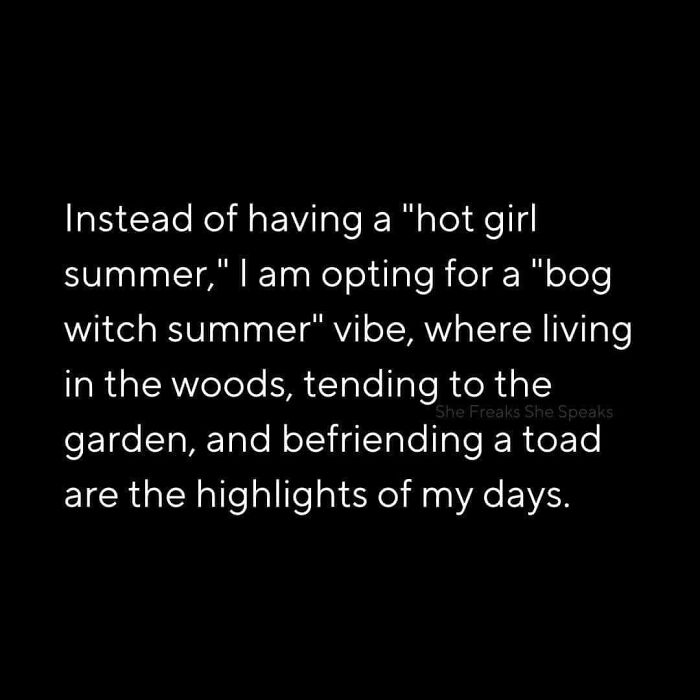
Image credits: Amy Sue
#32
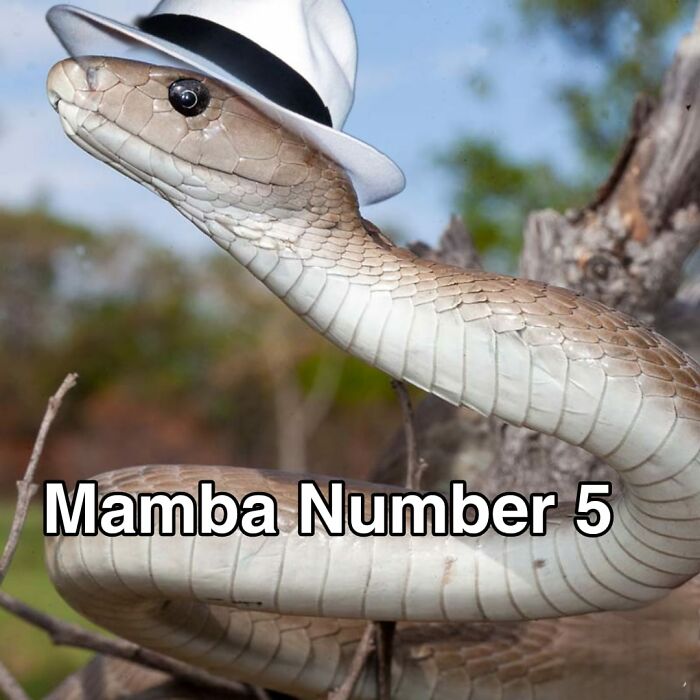
Image credits: Spamme Burglar
#33
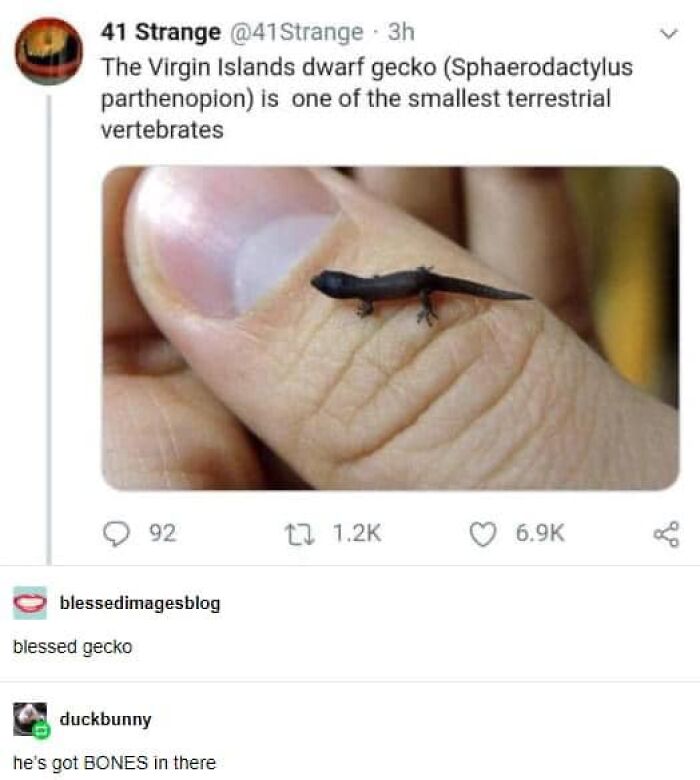
Image credits: Kathleen Juarez
#34
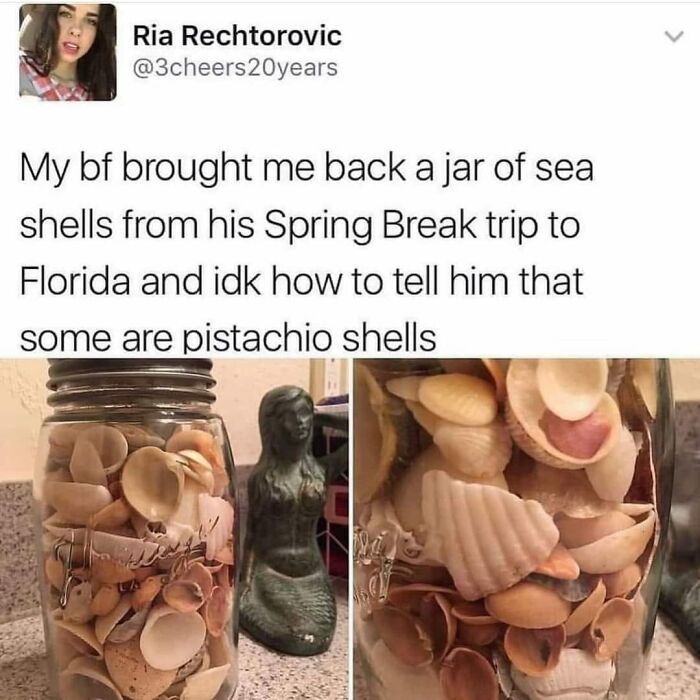
Image credits: Amy Sue
#35
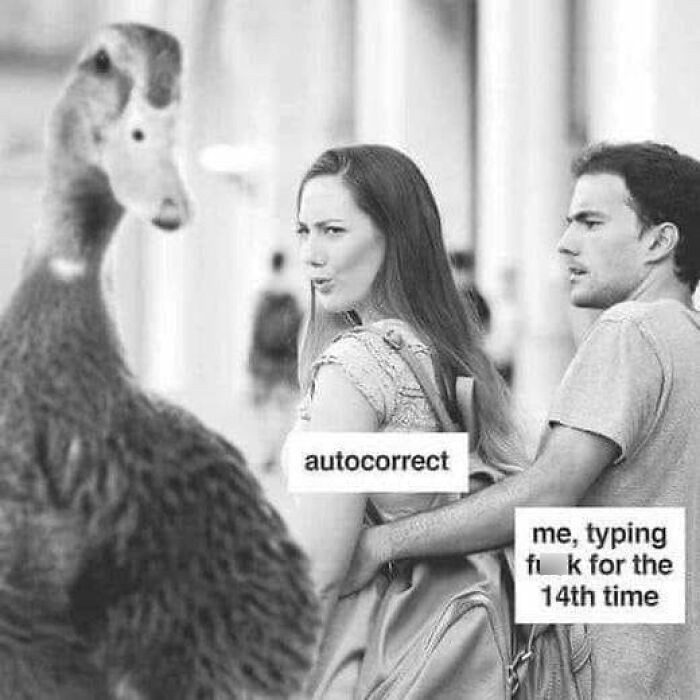
Image credits: Amy Sue
#36
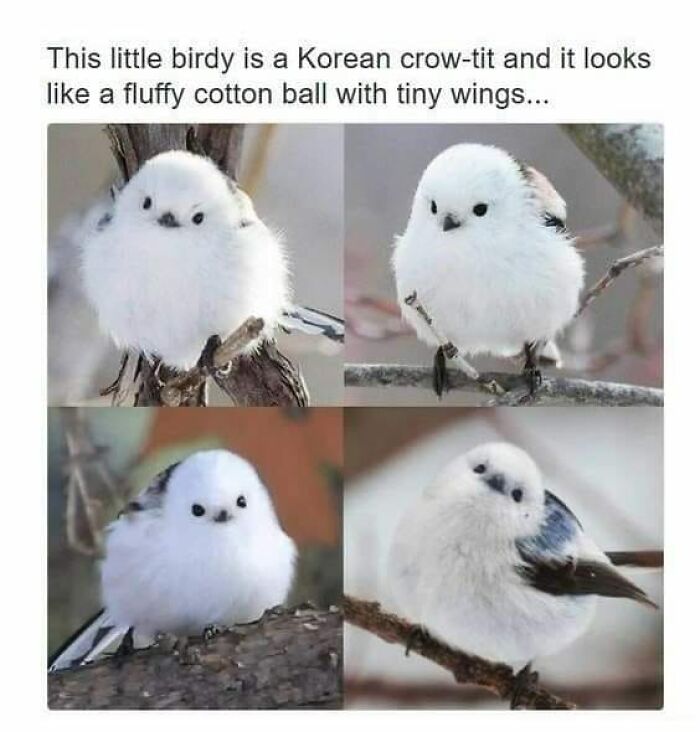
Image credits: Amy Sue
#37
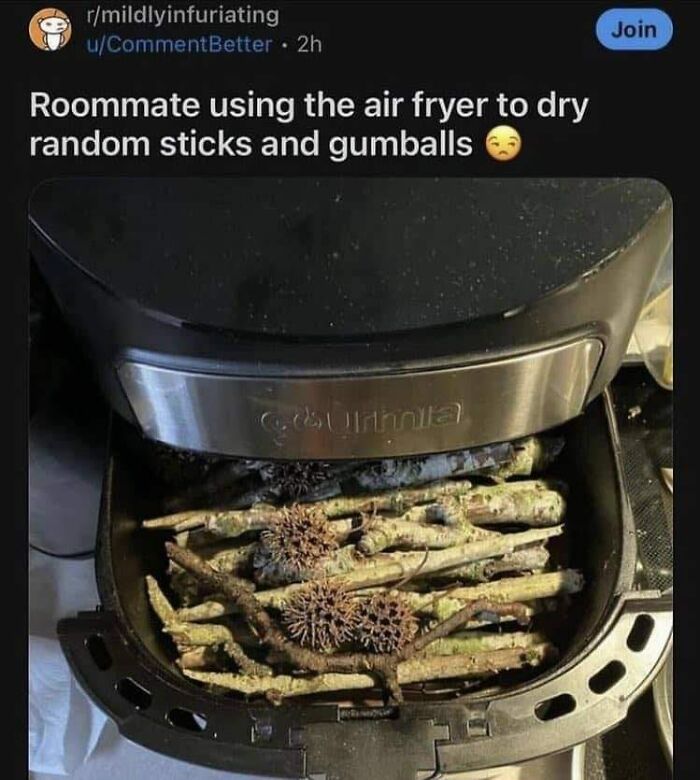
Image credits: Katarzyna Gabrysz
#38
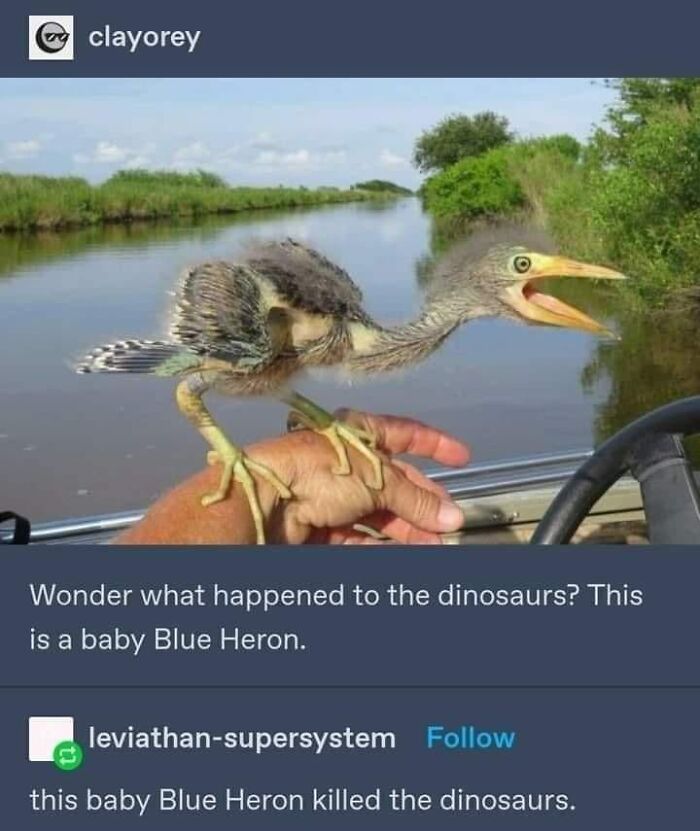
Image credits: Valerie Carlson
#39
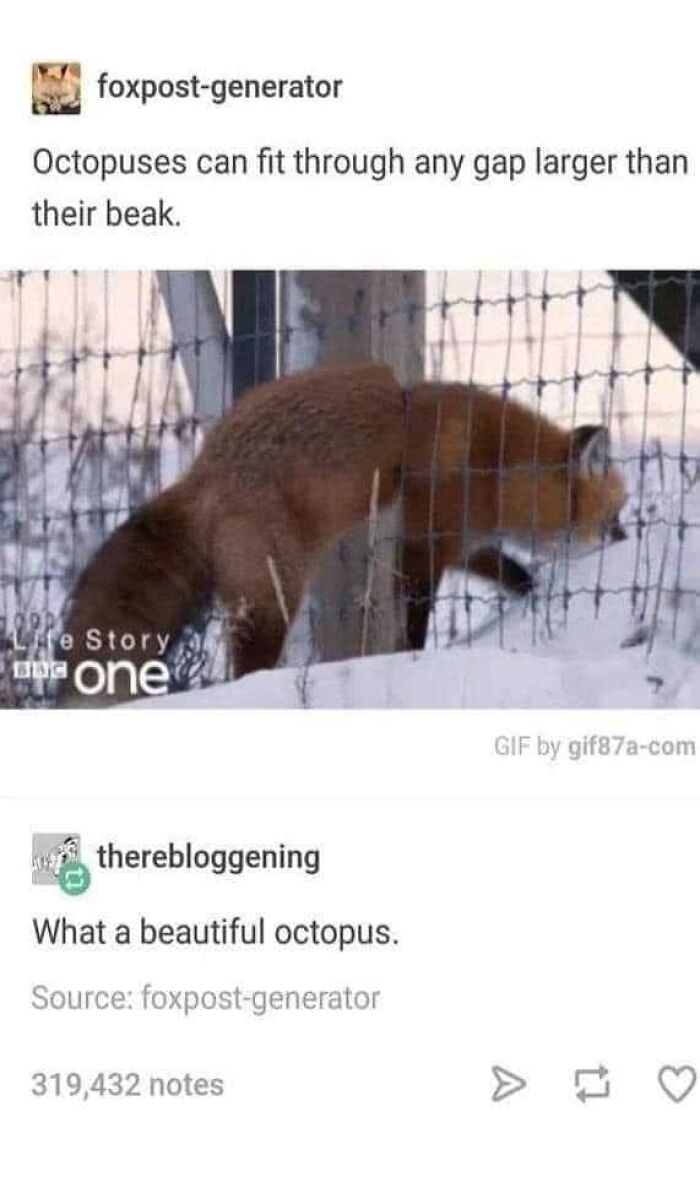
Image credits: Desiree Smith
#40
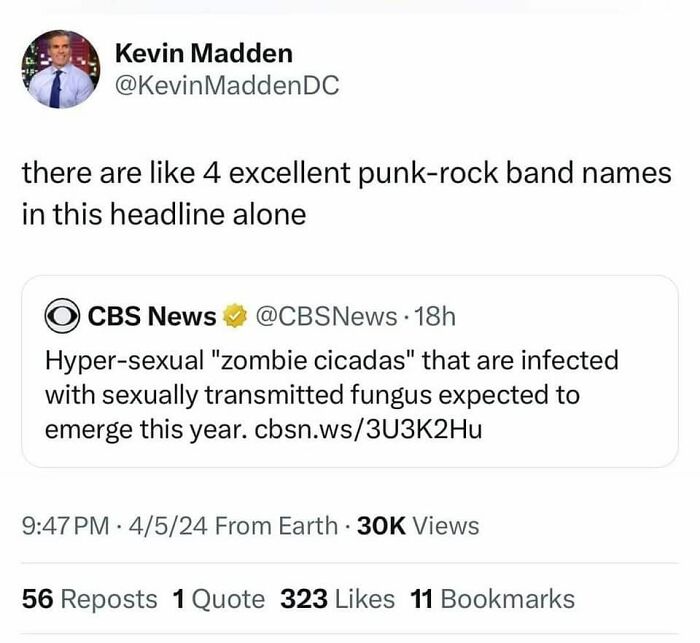
Image credits: Sherri Ketchum
#41
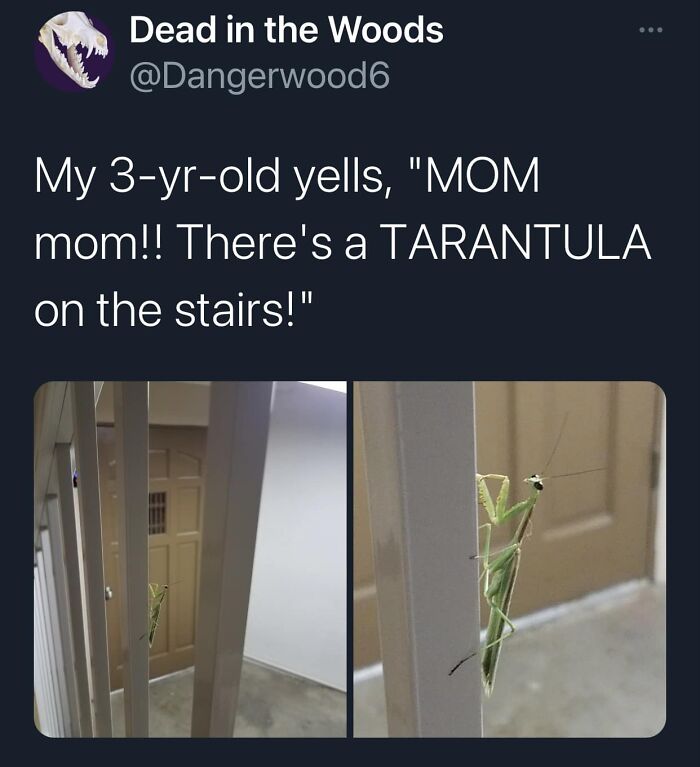
Image credits: Sofía Ochoa
#42
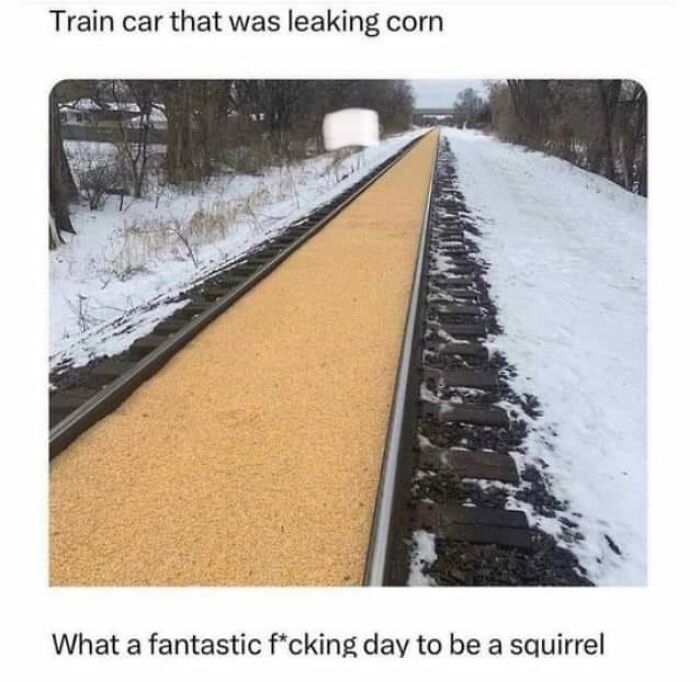
Image credits: Victor L Mattner
#43
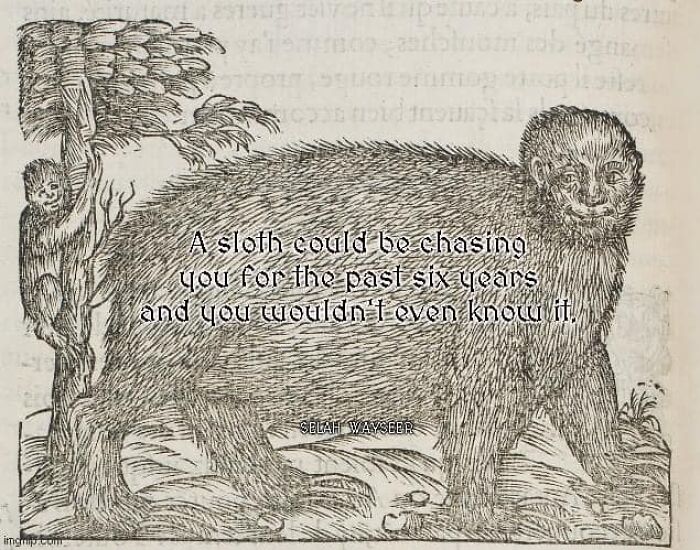
Image credits: Claudia Perelli Hentschel
#44
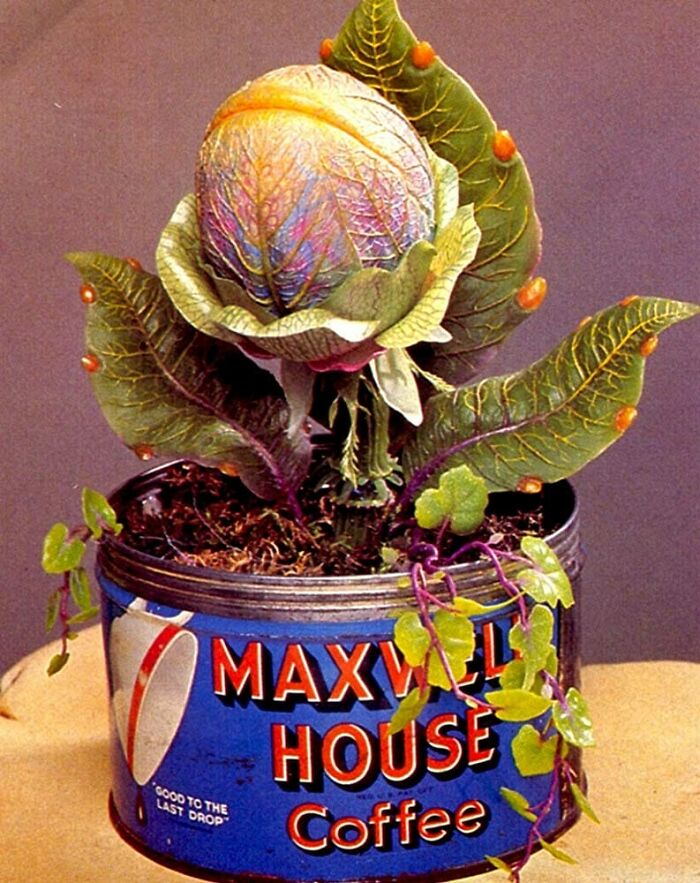
Image credits: Michael Simmons
#45
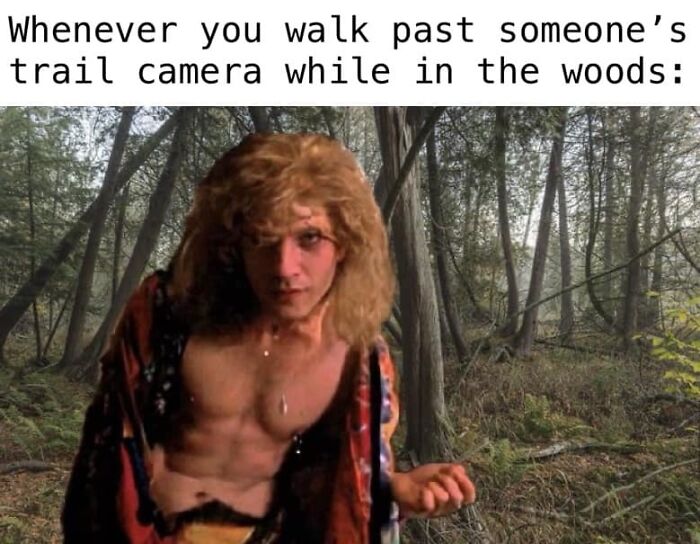
Image credits: Rachelle Robey
#46
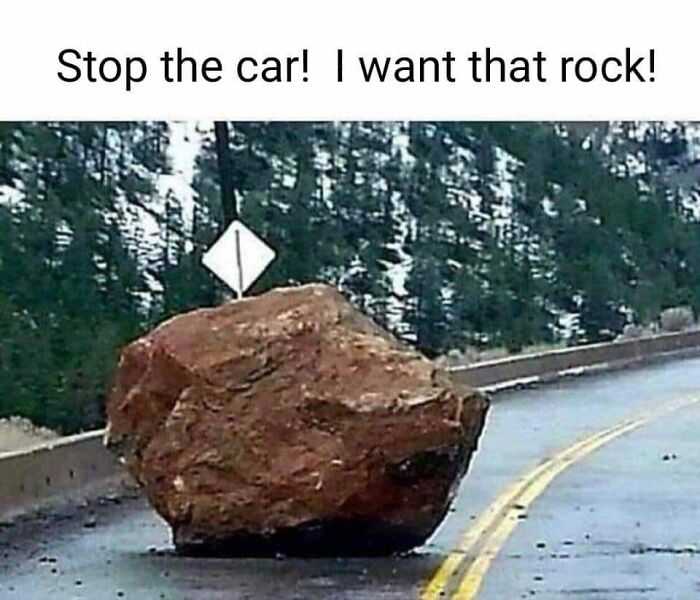
Image credits: Amy Sue
#47
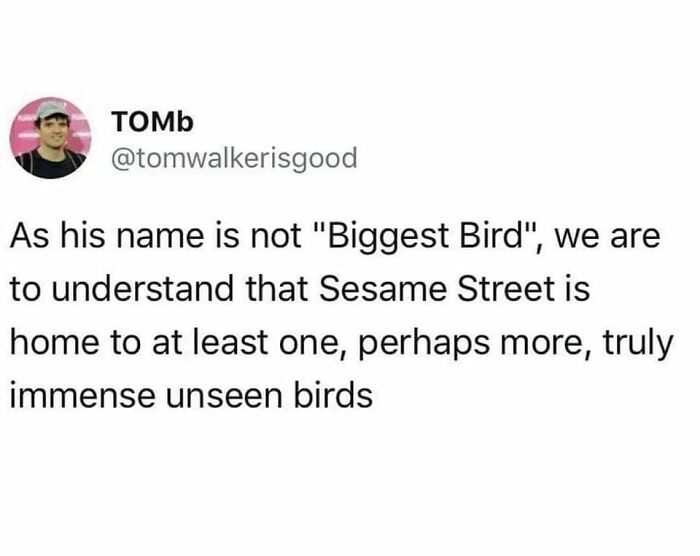
Image credits: S Dharma Teg
#48
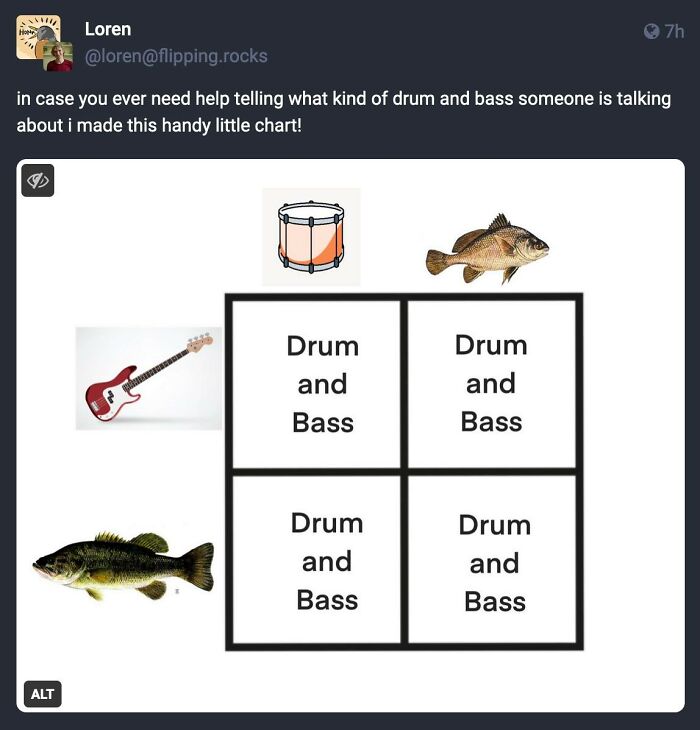
Image credits: Jonatan Hildén
#49
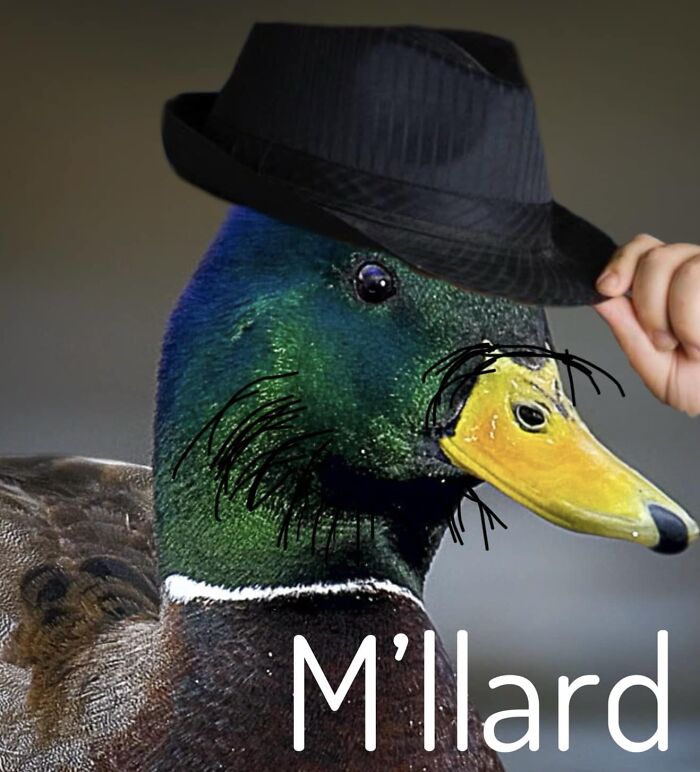
Image credits: AJ Barnard
#50
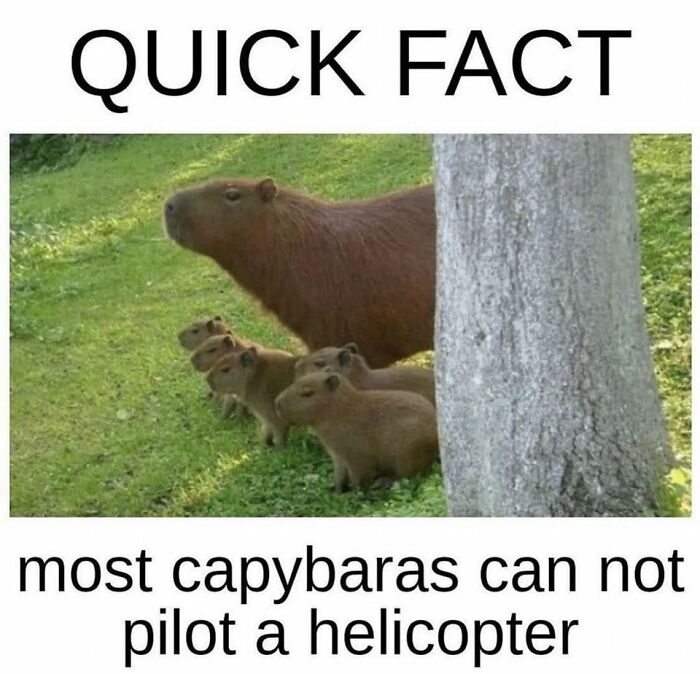
Image credits: Justin Kalman
#51
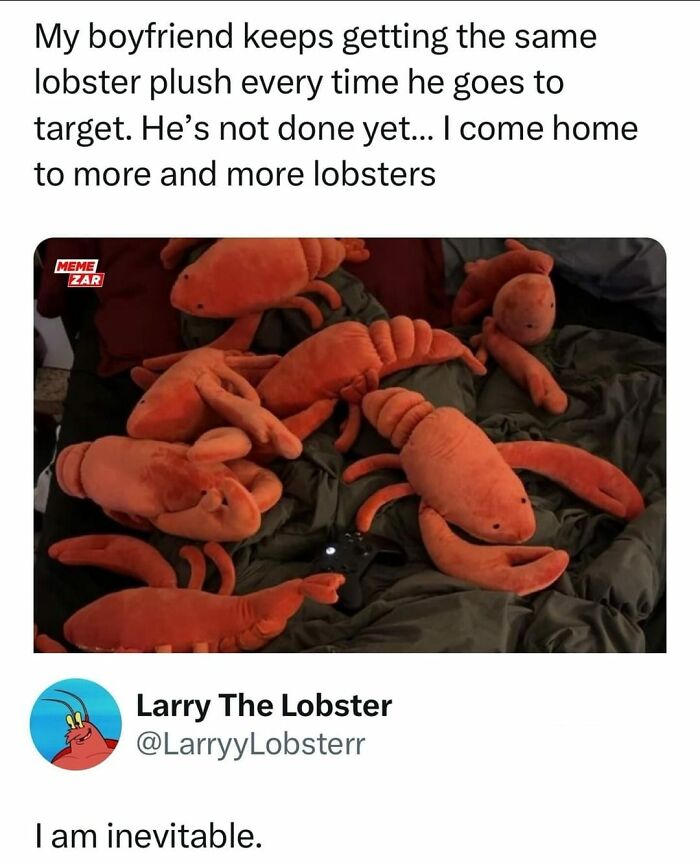
Image credits: Olivier Morlin
#52
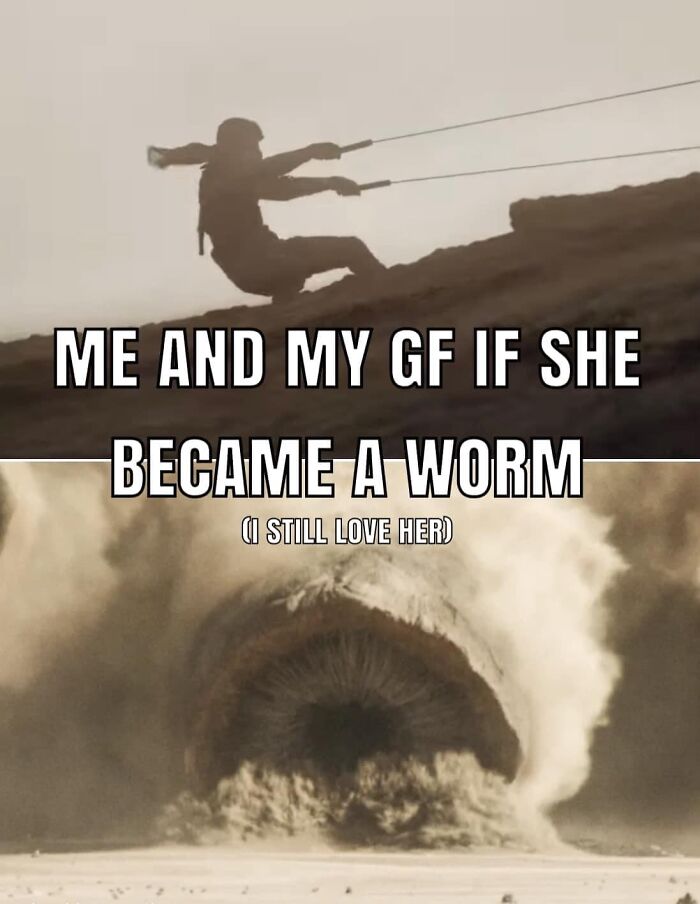
Image credits: Doug Leih
#53
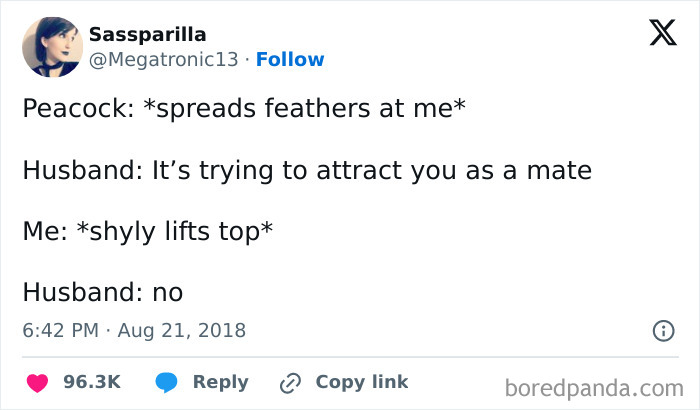
Image credits: Megatronic13
#54
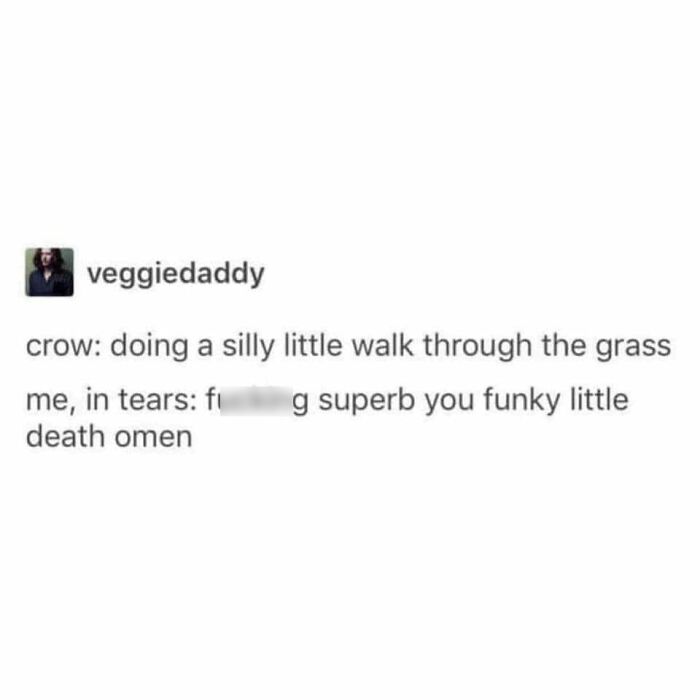
Image credits: Rachel Hamilton
#55
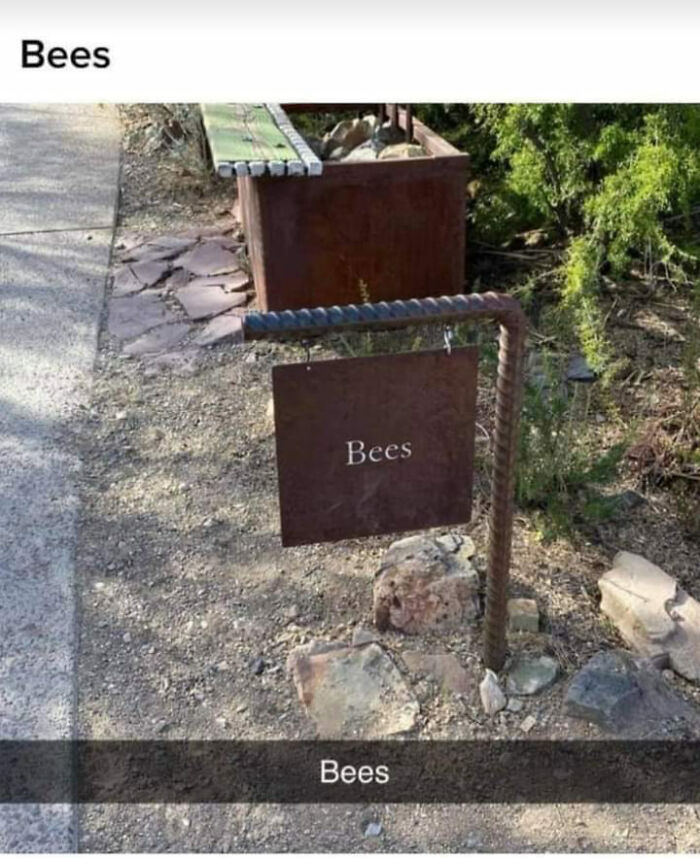
Image credits: Catt Smalley
#56

Image credits: Victor L Mattner
#57
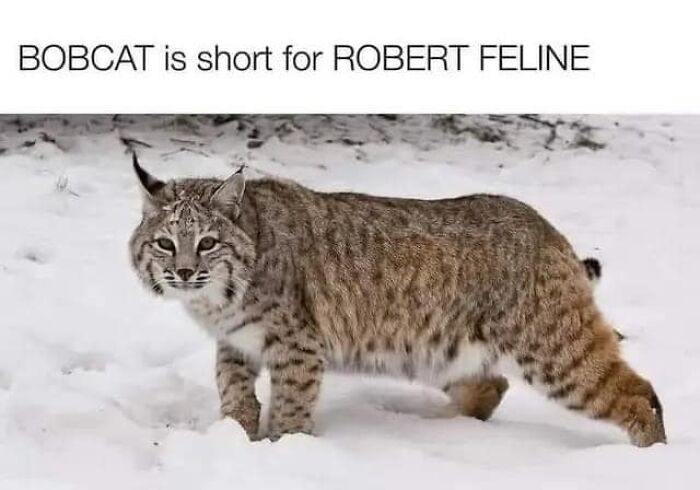
Image credits: Alice La Pierre
#58
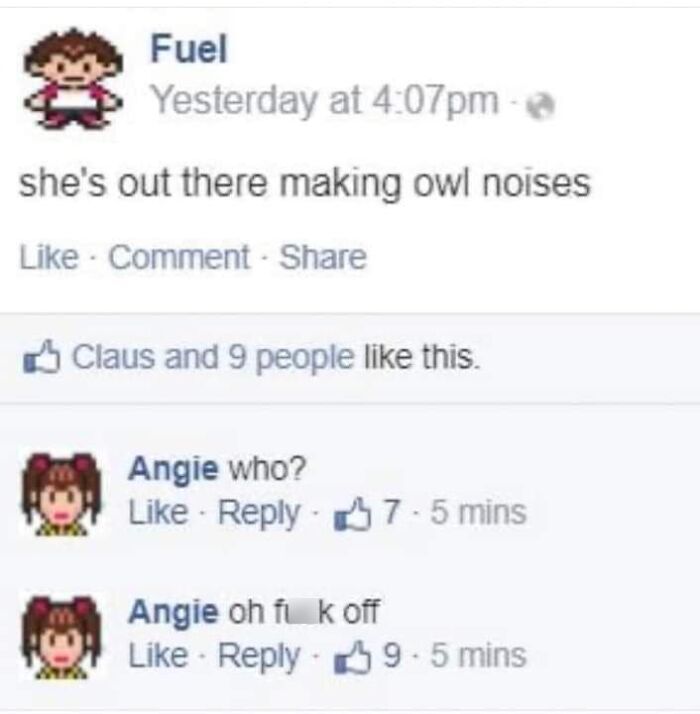
Image credits: Claudia Perelli Hentschel
#59
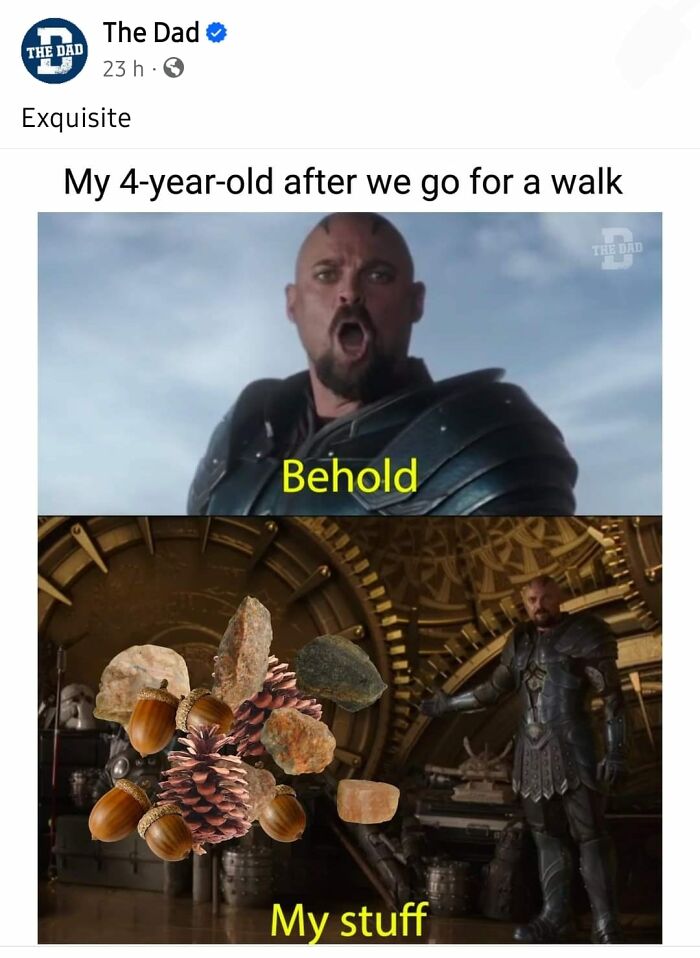
Image credits: Jennifer Rey-Goyeneche
#60
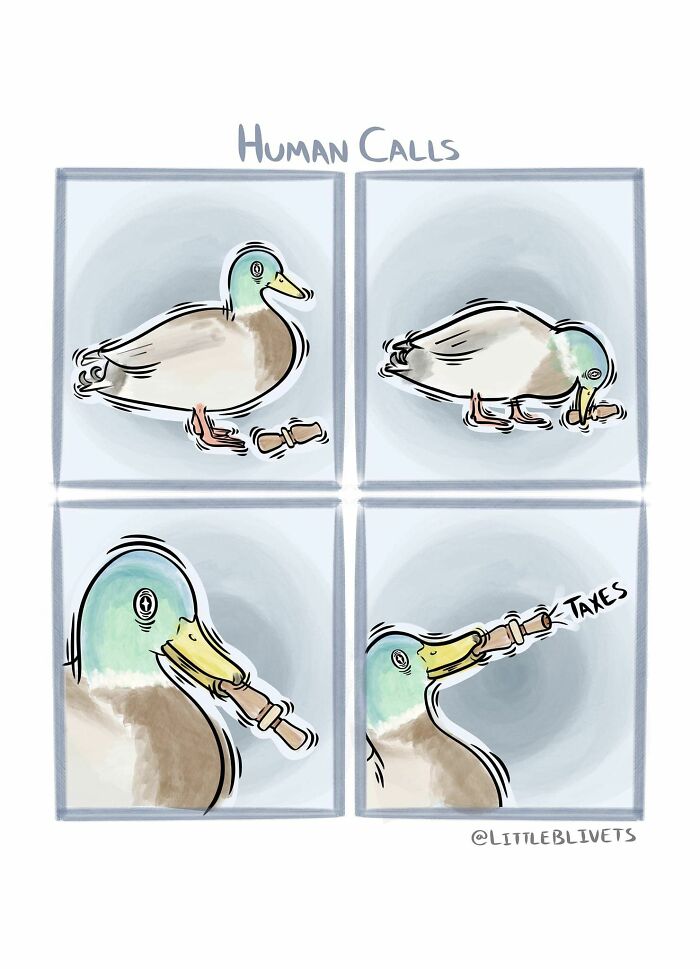
Image credits: Bee Rand
#61

Image credits: Sam Estes
#62

Image credits: Allison Hamm
#63
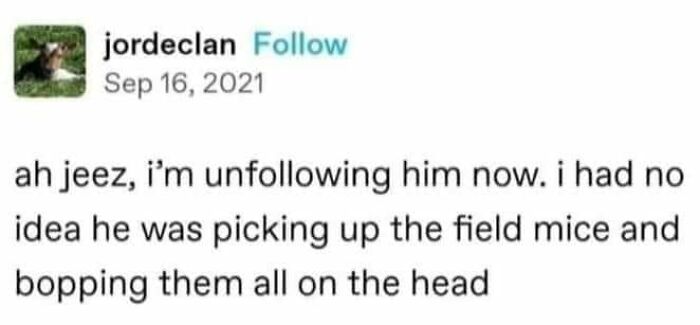
Image credits: S Dharma Teg
#64
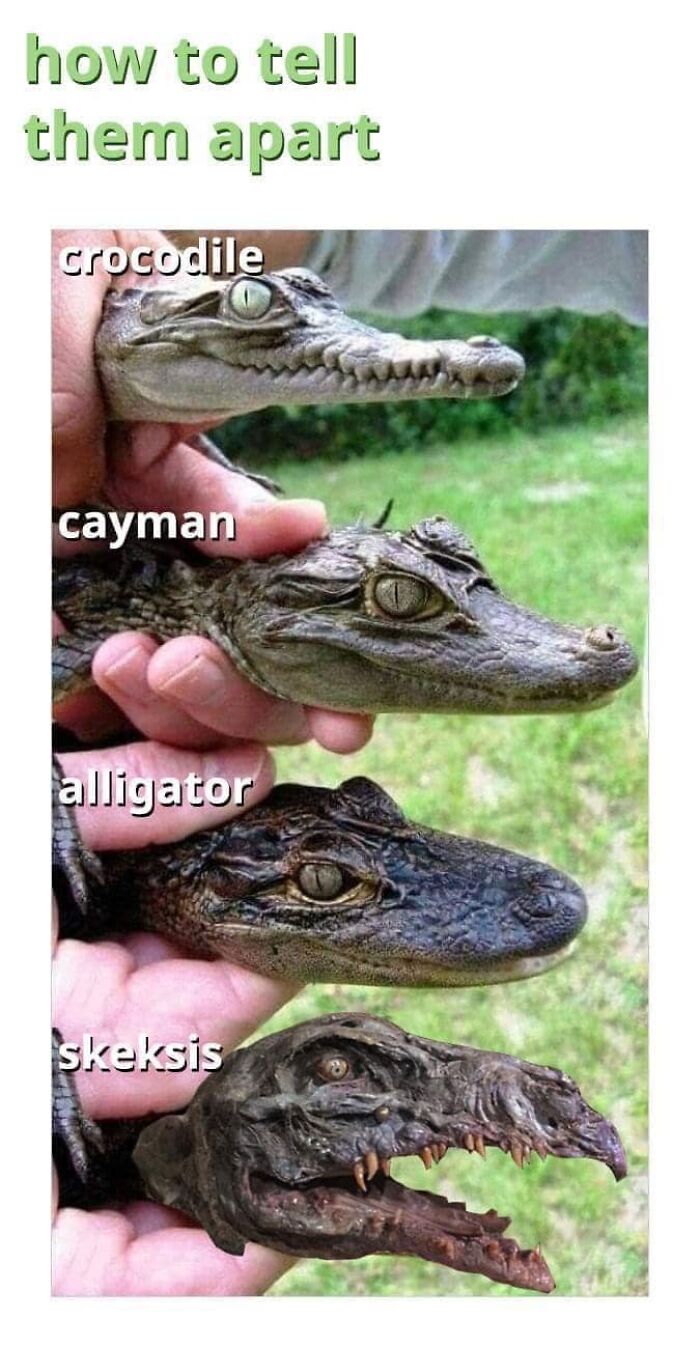
Image credits: Kathleen Juarez
#65
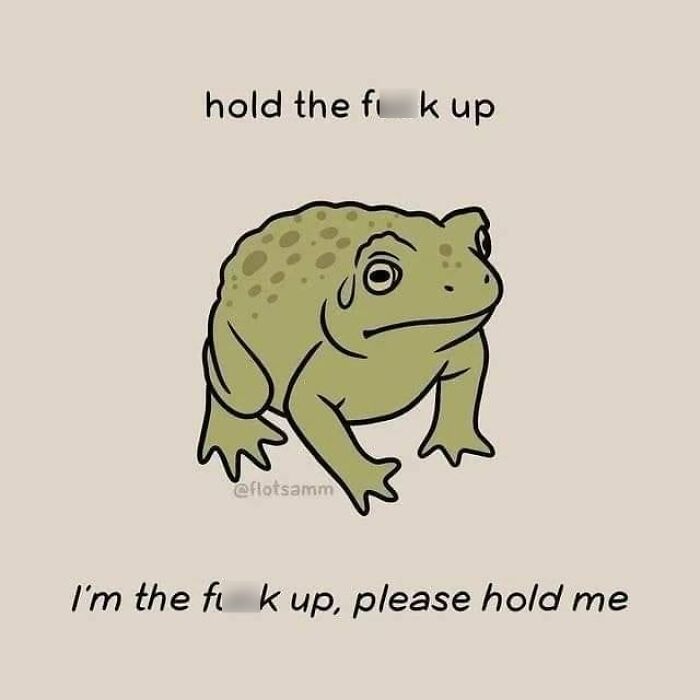
Image credits: All About Frogs
#66
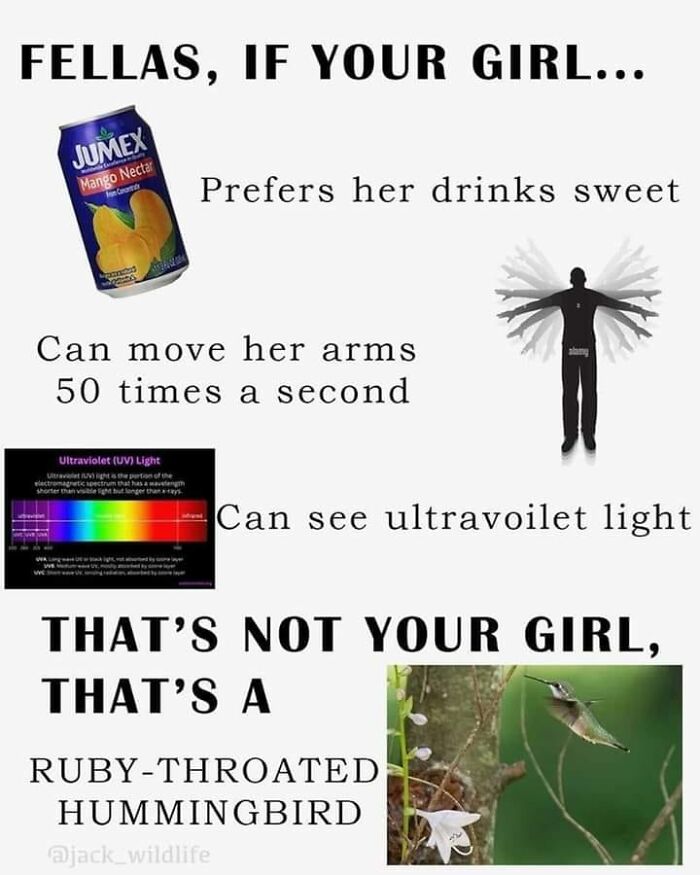
Image credits: Vense Price
#67
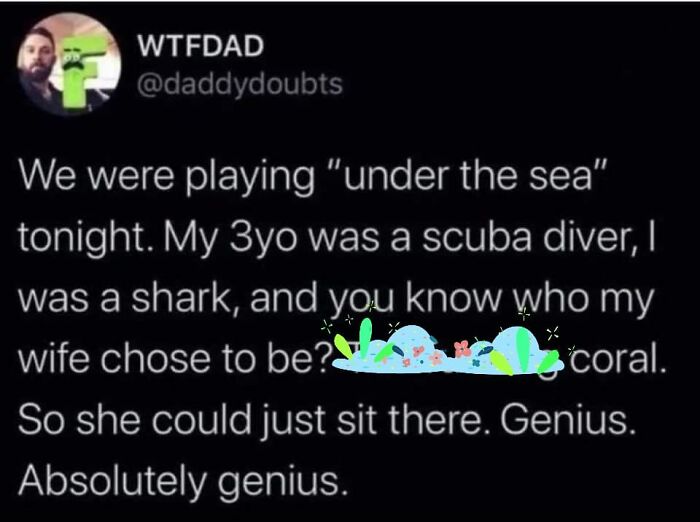
Image credits: S Dharma Teg
#68

Image credits: Hieu Nguyen
#69
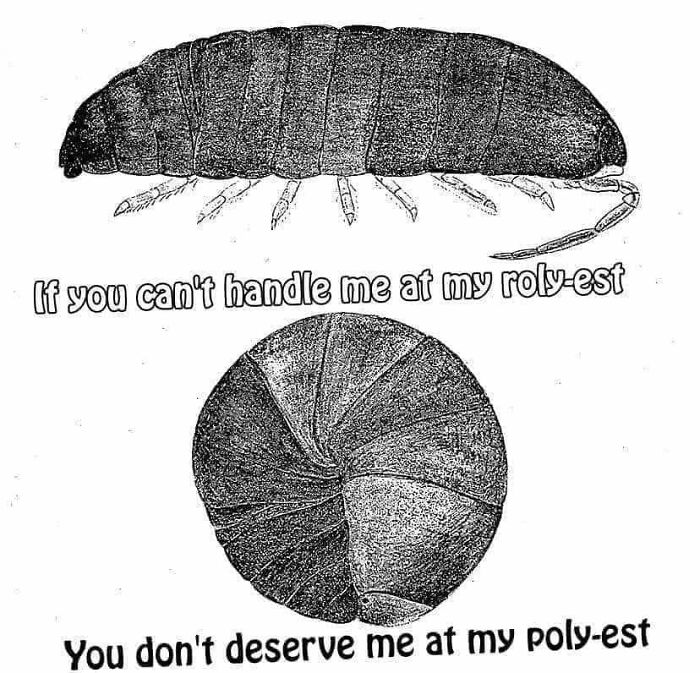
Image credits: Matthew Lacrouts
#70
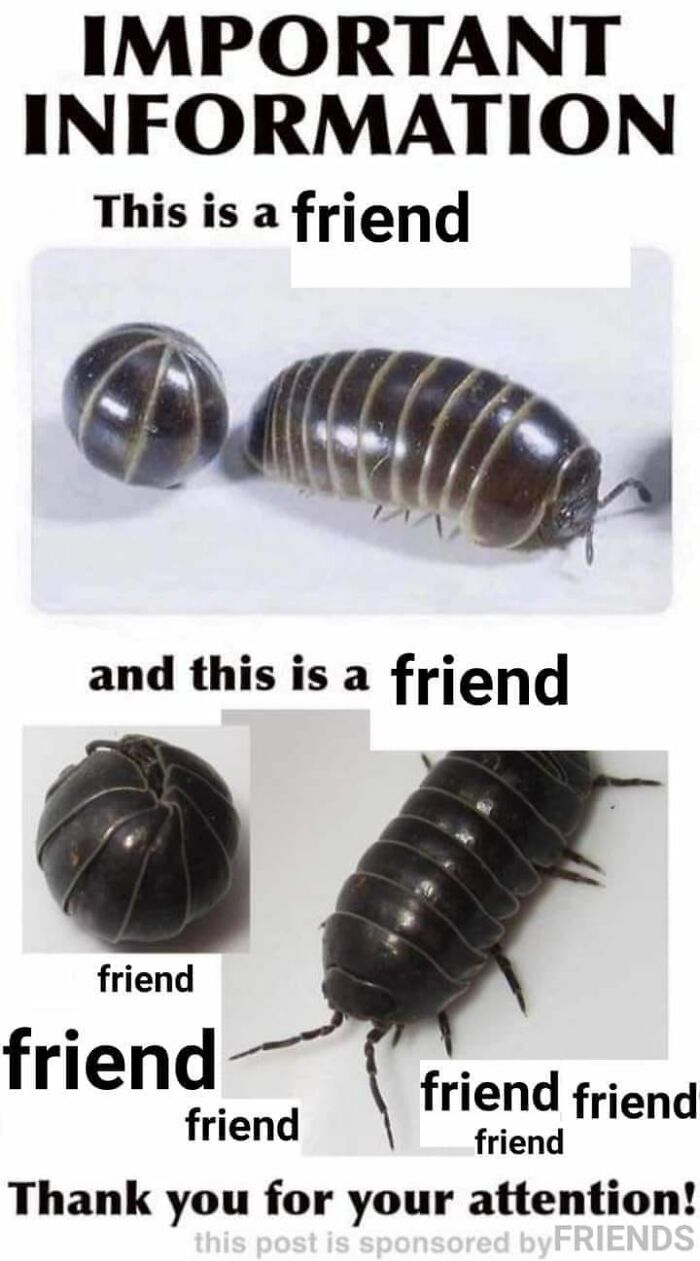
Image credits: Mary Hecht
#71
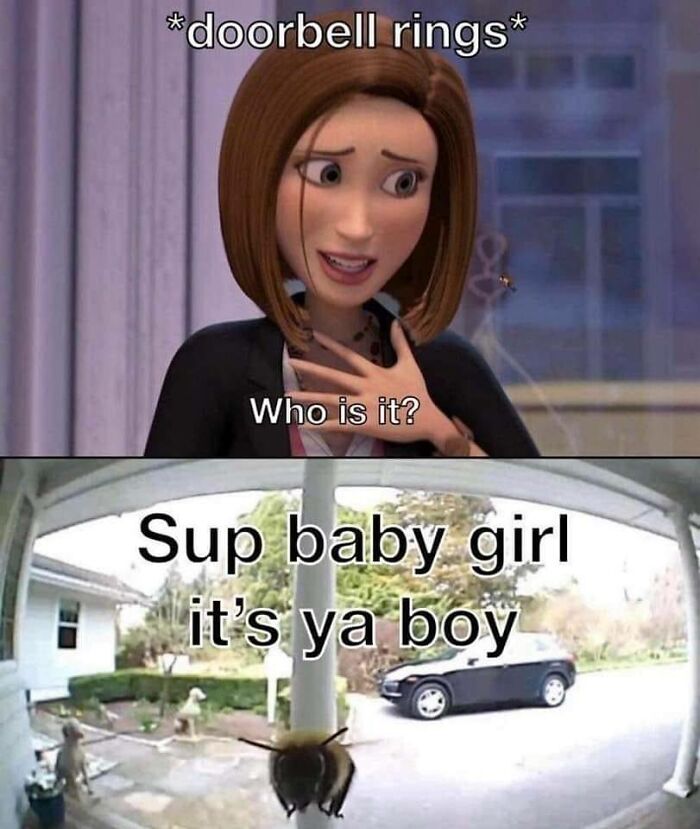
Image credits: Justin Kalman
#72
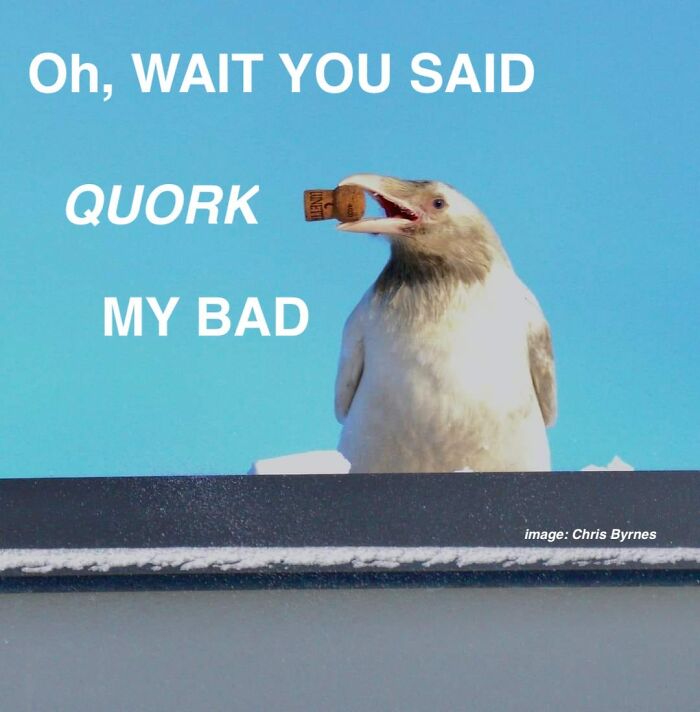
Image credits: Krys Keller
#73
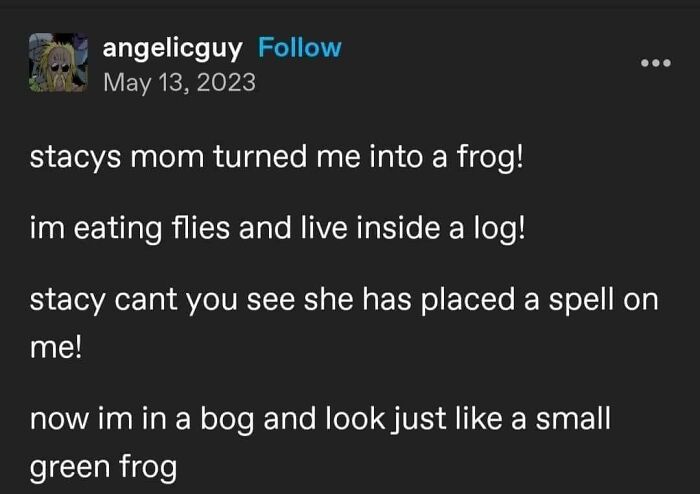
Image credits: Justin Smith
#74
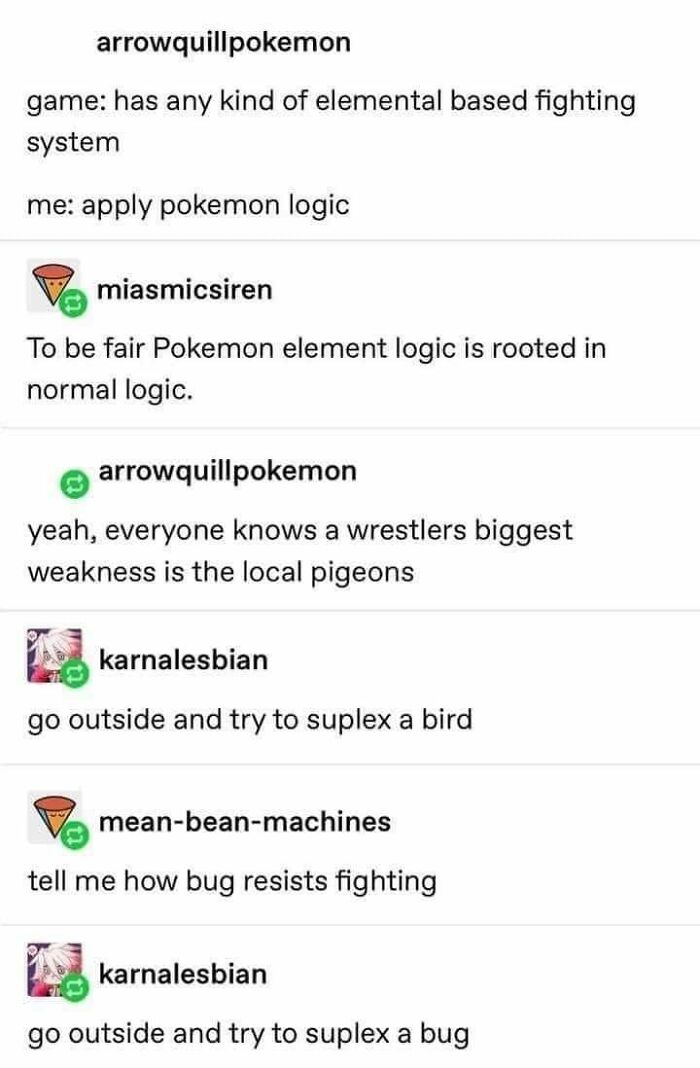
Image credits: Victor L Mattner
#75
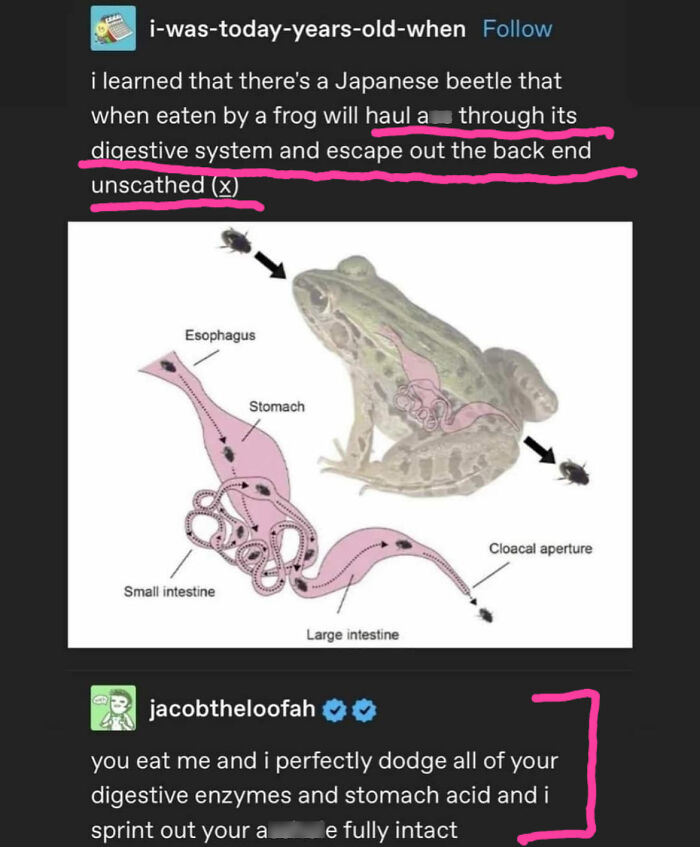
Image credits: Julia Stevenson Lyon
#76
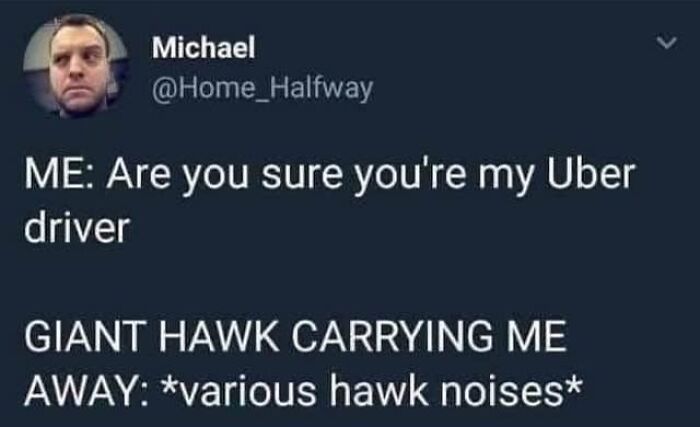
Image credits: LeShe Flood
#77
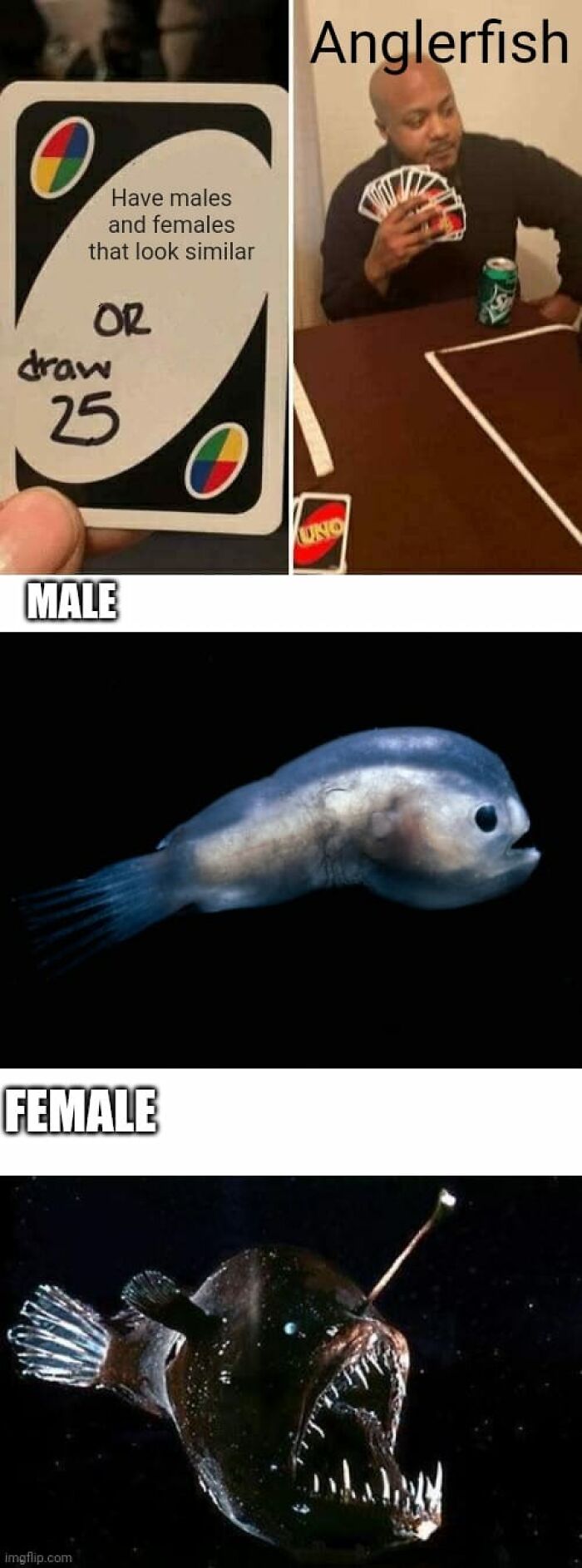
Image credits: Wilhelm Turtle Tan
#78
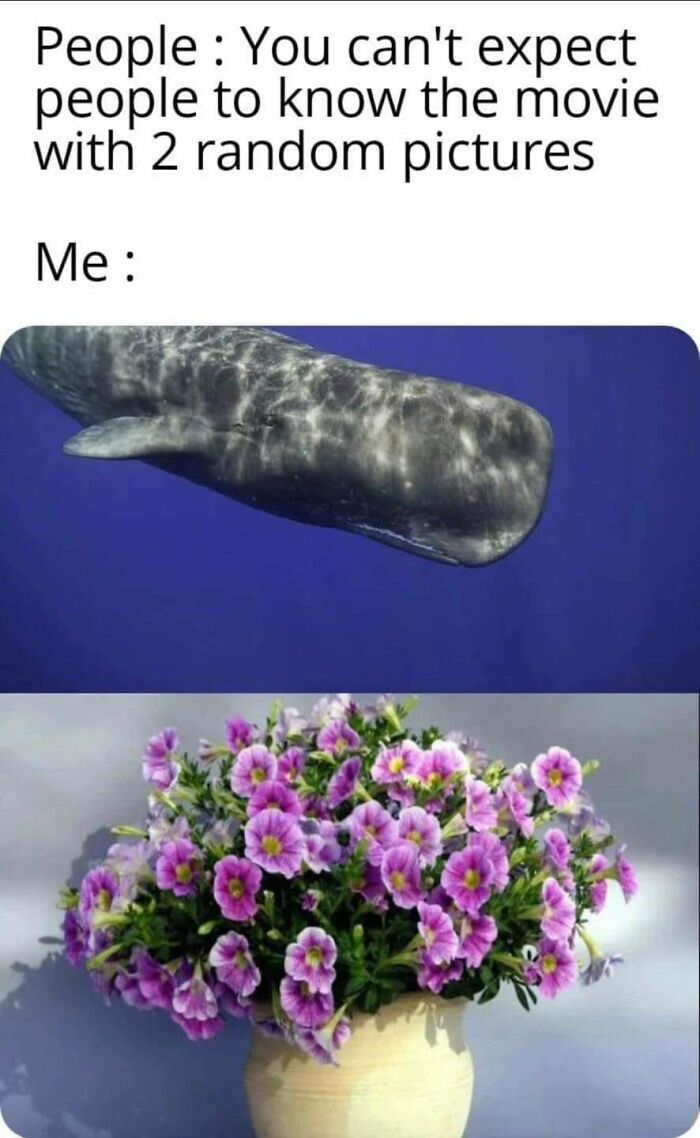
Image credits: Leahcim Remlap
#79
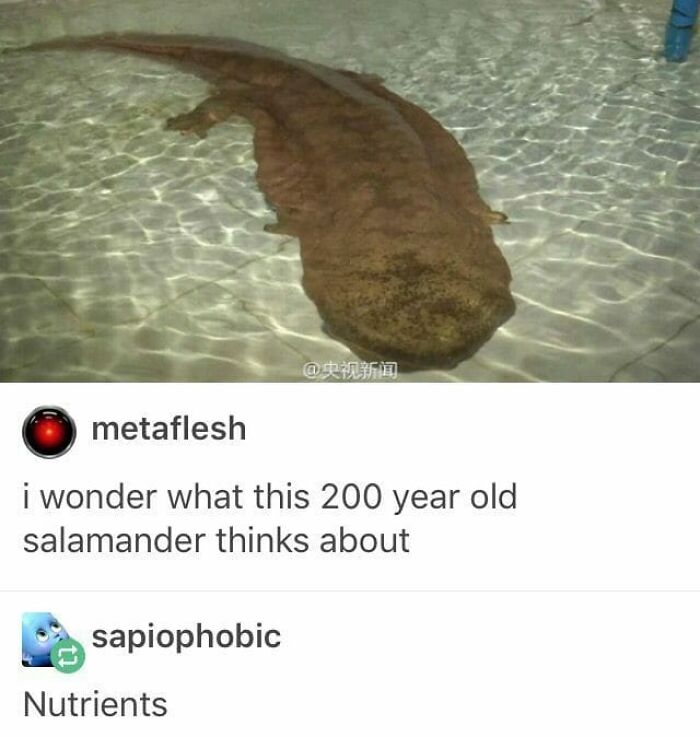
Image credits: Sarah Thornburg
#80
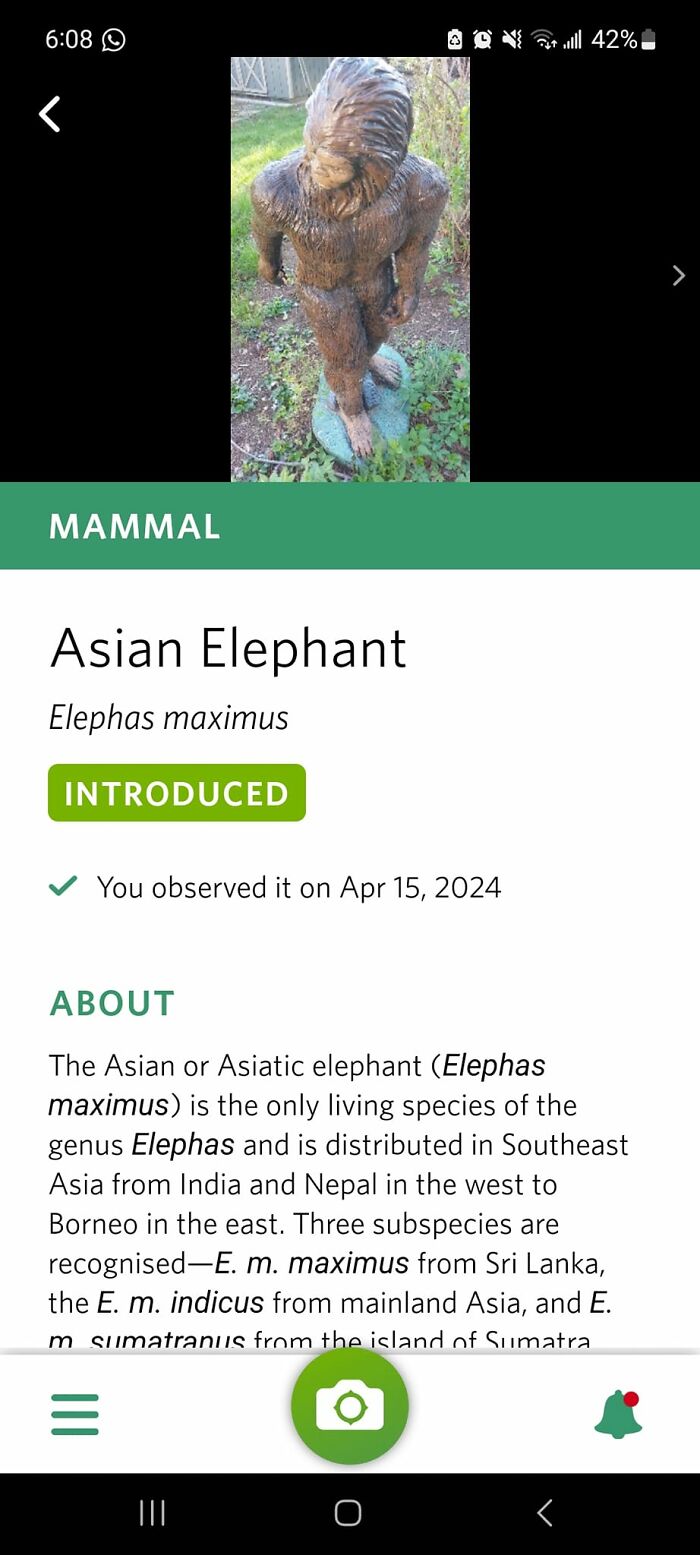
Image credits: Selina Prettner
#81
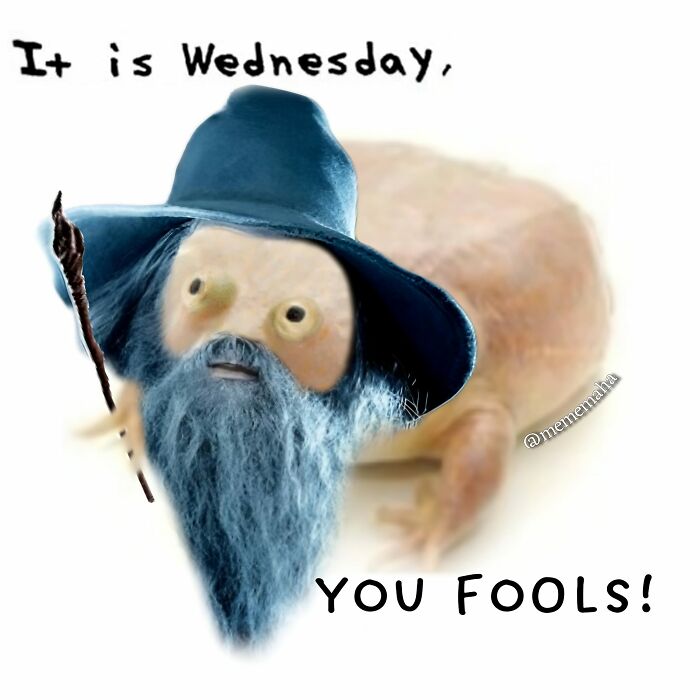
Image credits: ????????
#82
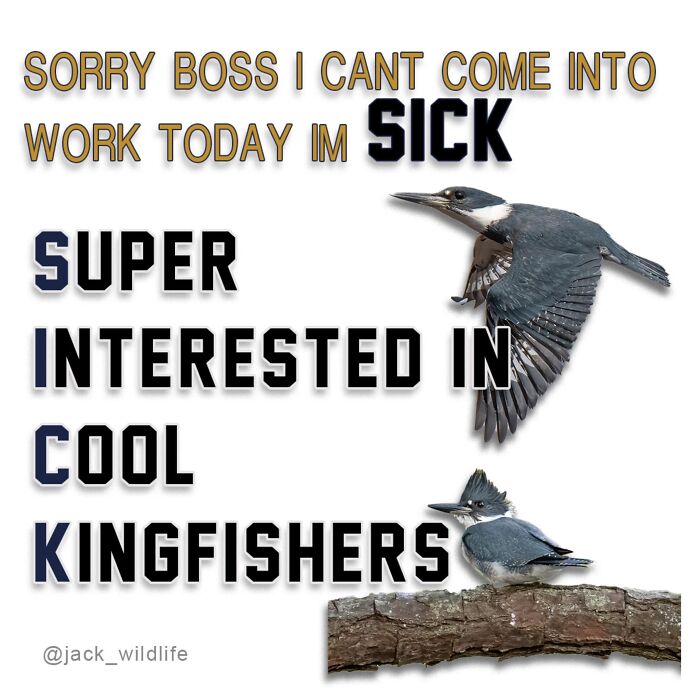
Image credits: Jack Turner
#83
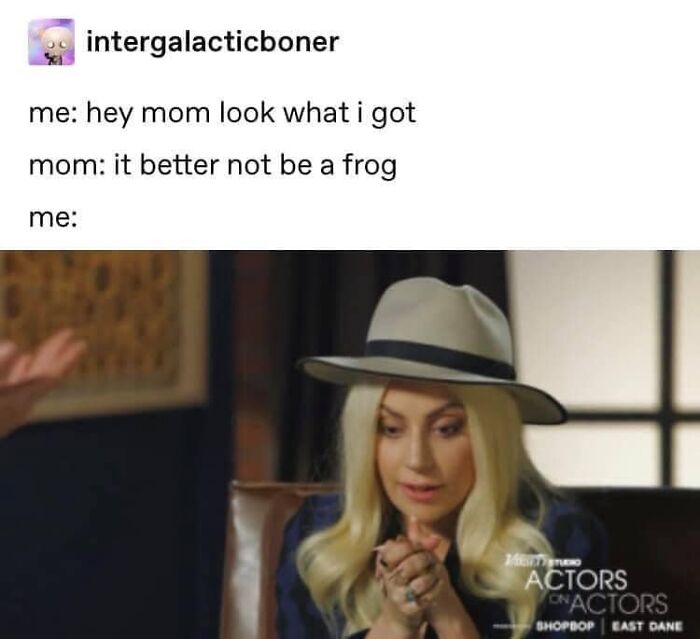
Image credits: Timothy Stevenson
#84
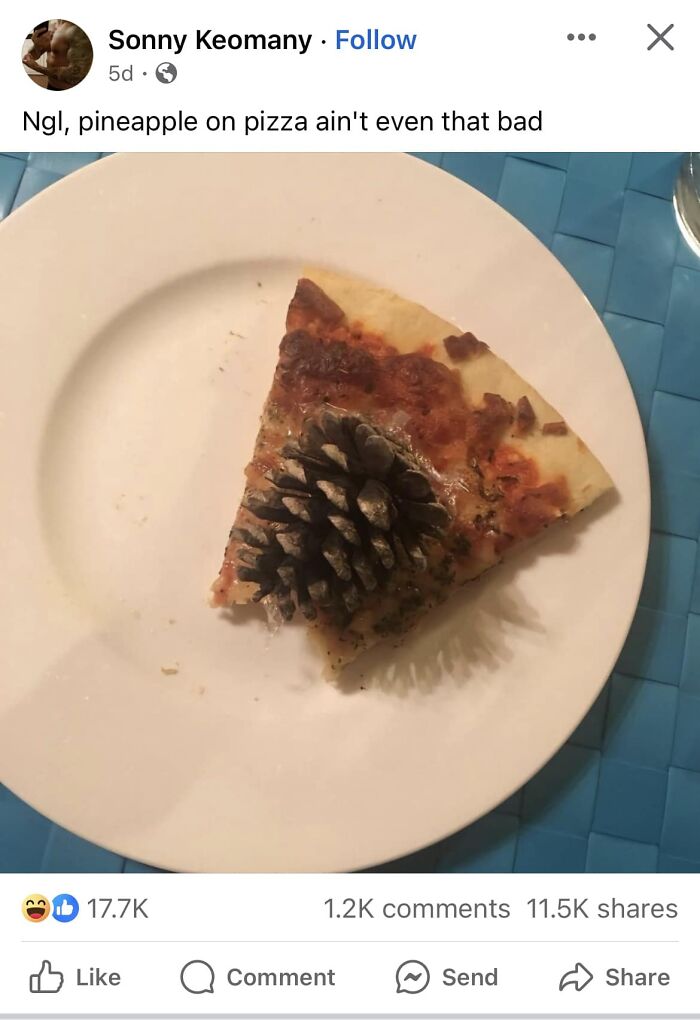
Image credits: Felipa Fontes
#85
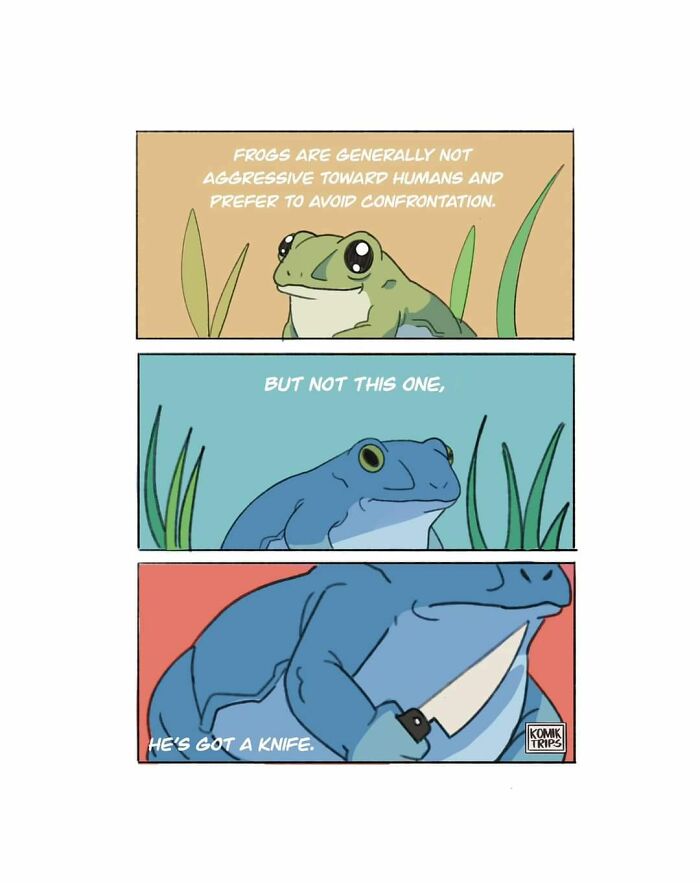
Image credits: Sley Sargath
#86
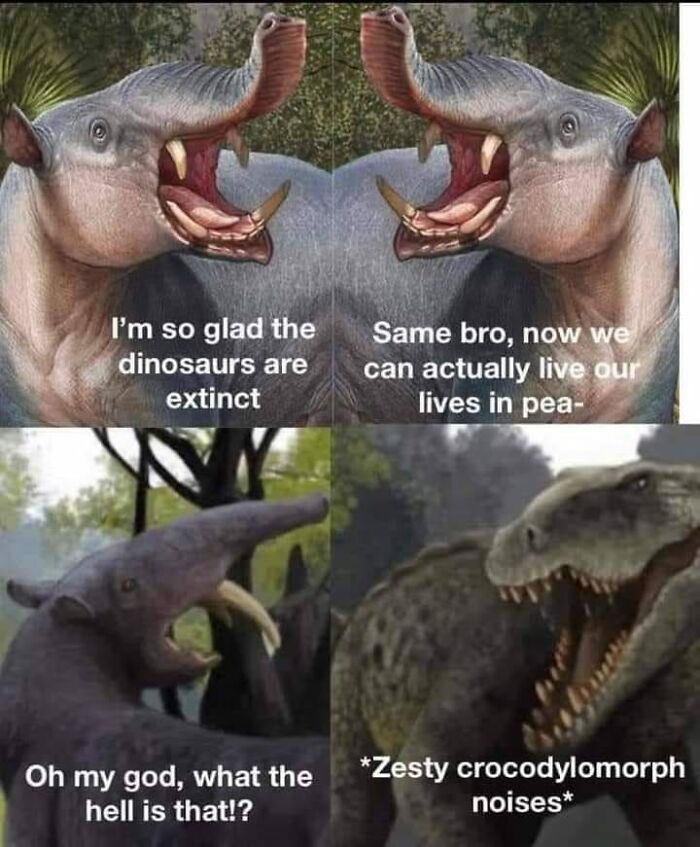
Image credits: Nathan Aldridge
#87
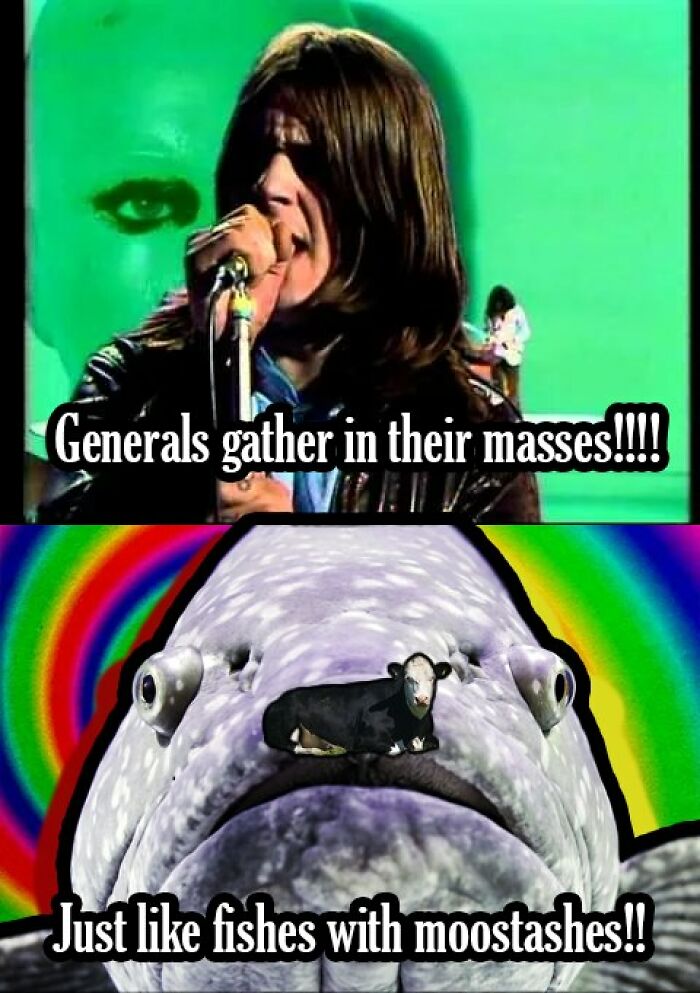
Image credits: Calvin Corvair
#88

Image credits: Wes Garrison
#89
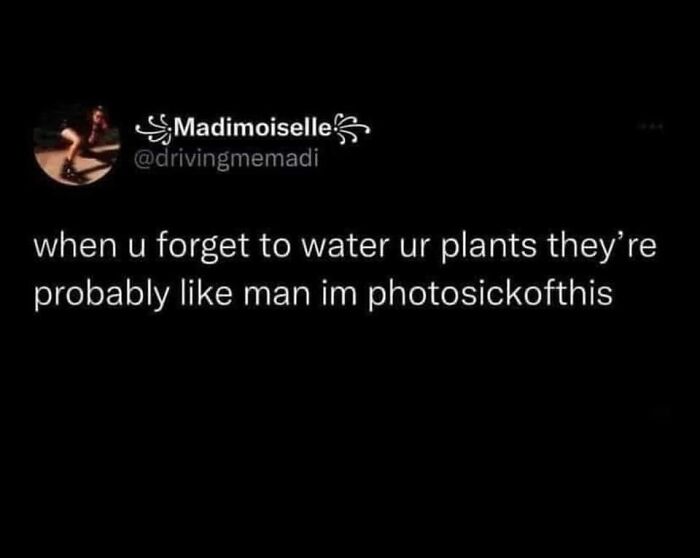
Image credits: Jerry Govere
#90
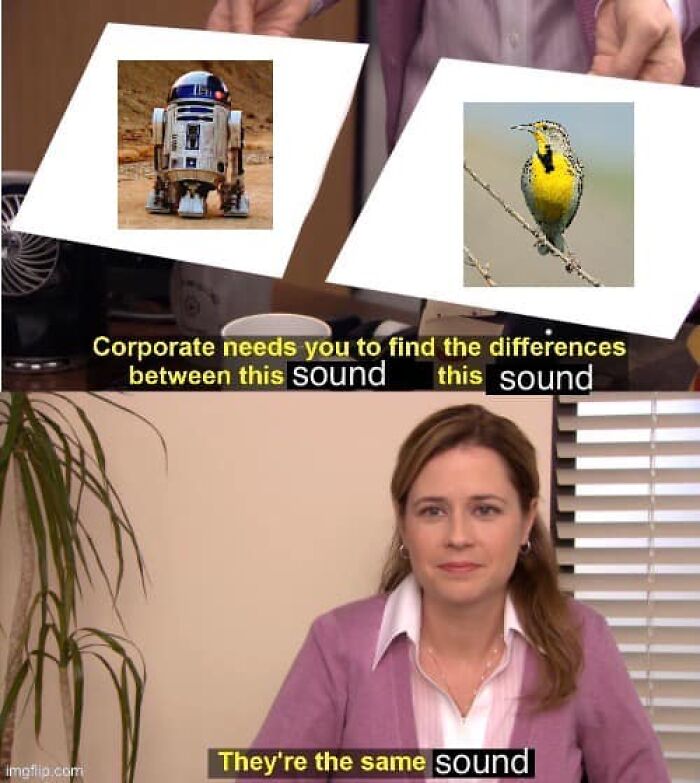
Image credits: Travis Sheive
#91
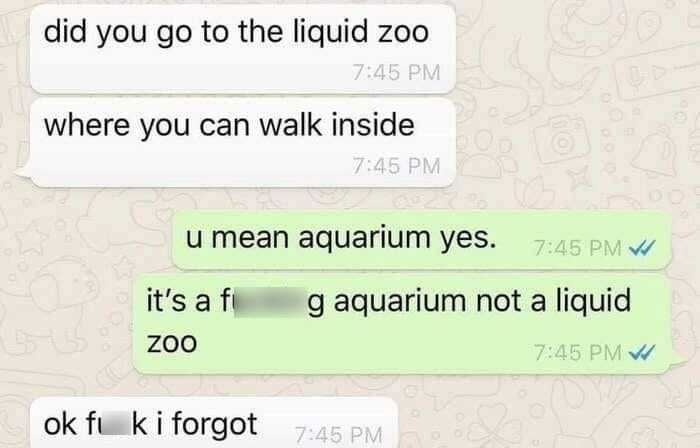
Image credits: Amy Sue
#92
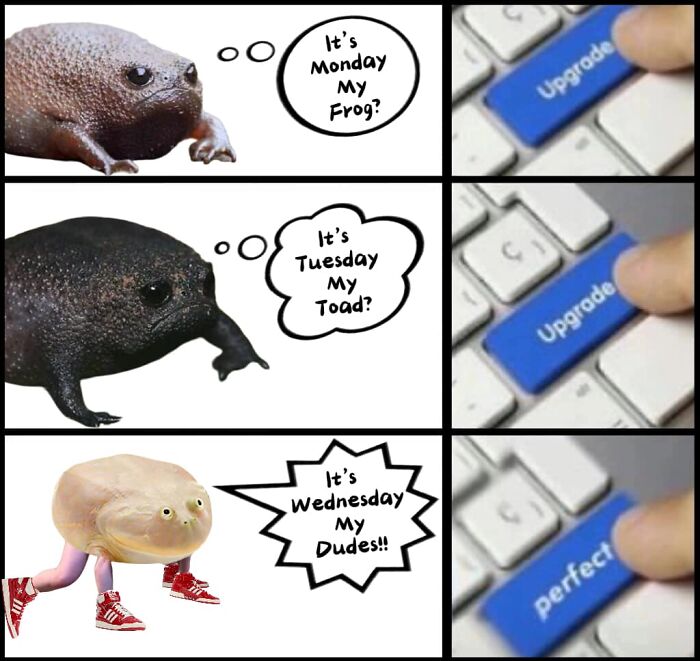
Image credits: Sigtryggur Egilsson
#93
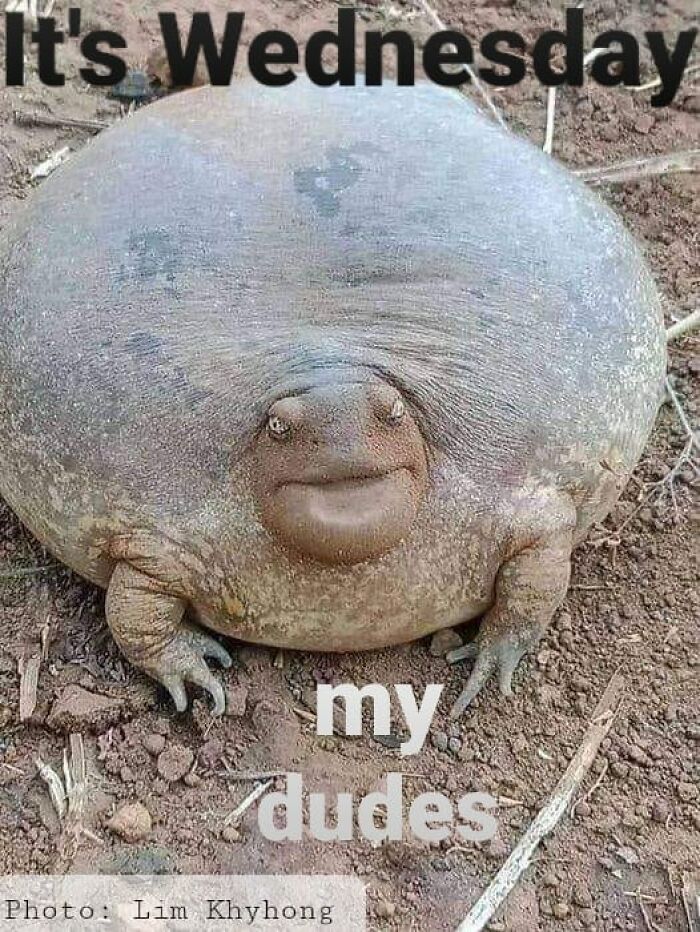
Image credits: Ream Jones
#94
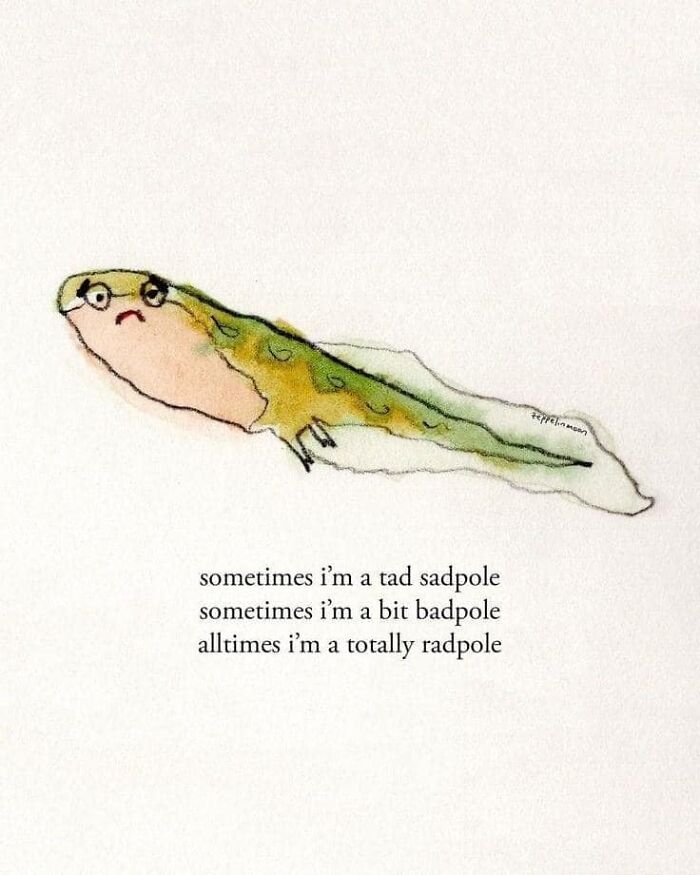
Image credits: Jajah
#95
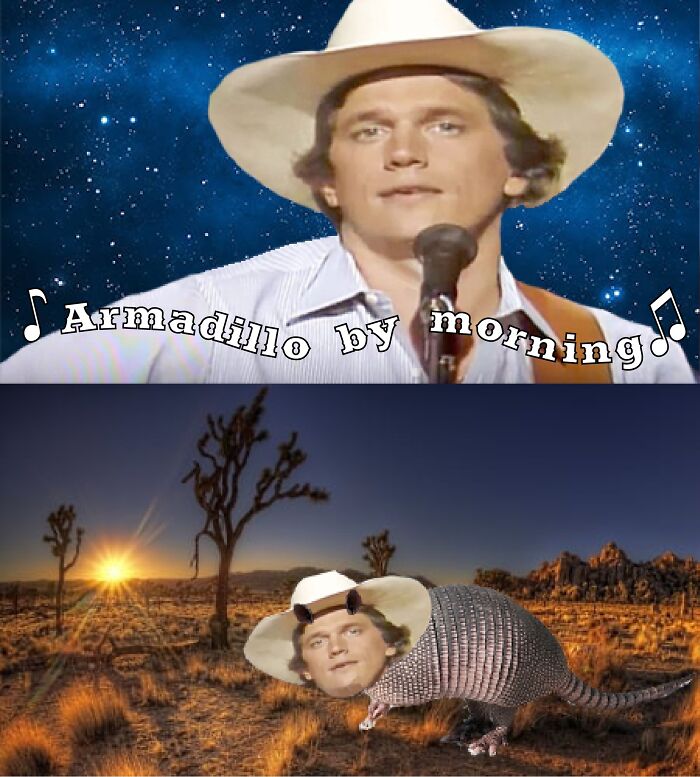
Image credits: Calvin Corvair
#96
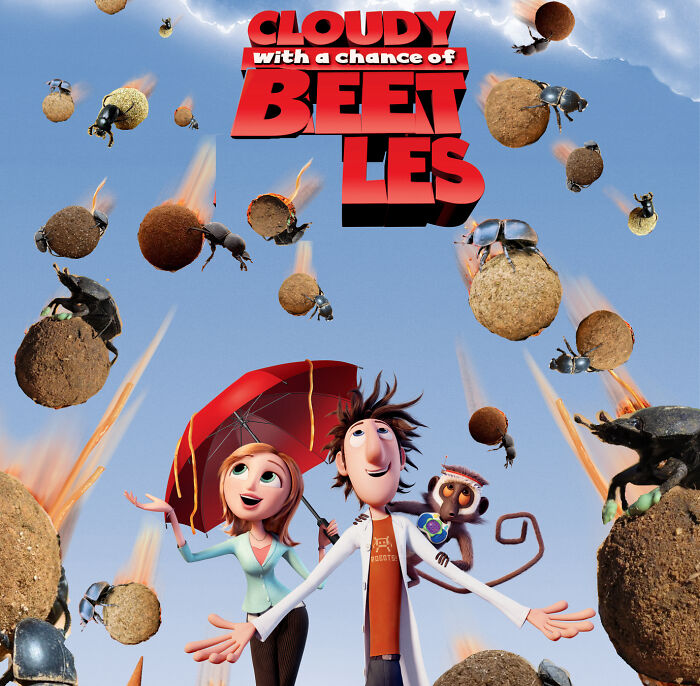
Image credits: Marshall Cleveland
#97
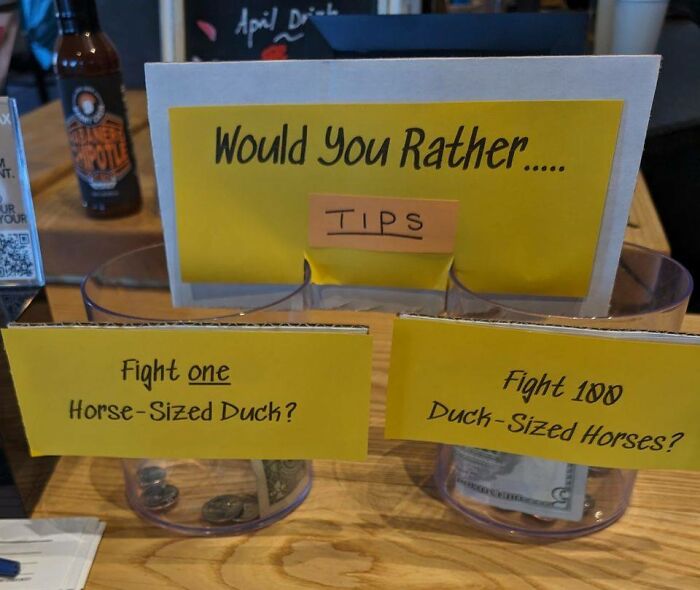
Image credits: Emily Petersen



















